
REAP/SOW
FERNDispatches from the frontlines of food, farming, and the environment. From the Food & Environment Reporting Network, the producers of Hot Farm, REAP/SOW brings you narrative and investigative reporting that examines the consequences of what we choose to eat and why. Currently featuring BUZZKILL, a six-part series on the pollinator crisis
Dispatches from the frontlines of food, farming, and the environment. From the Food & Environment Reporting Network, the producers of Hot Farm, REAP/SOW brings you narrative and investigative reporting that examines the consequences of what we choose to eat and why. Currently featuring BUZZKILL, a six-part series on the pollinator crisis
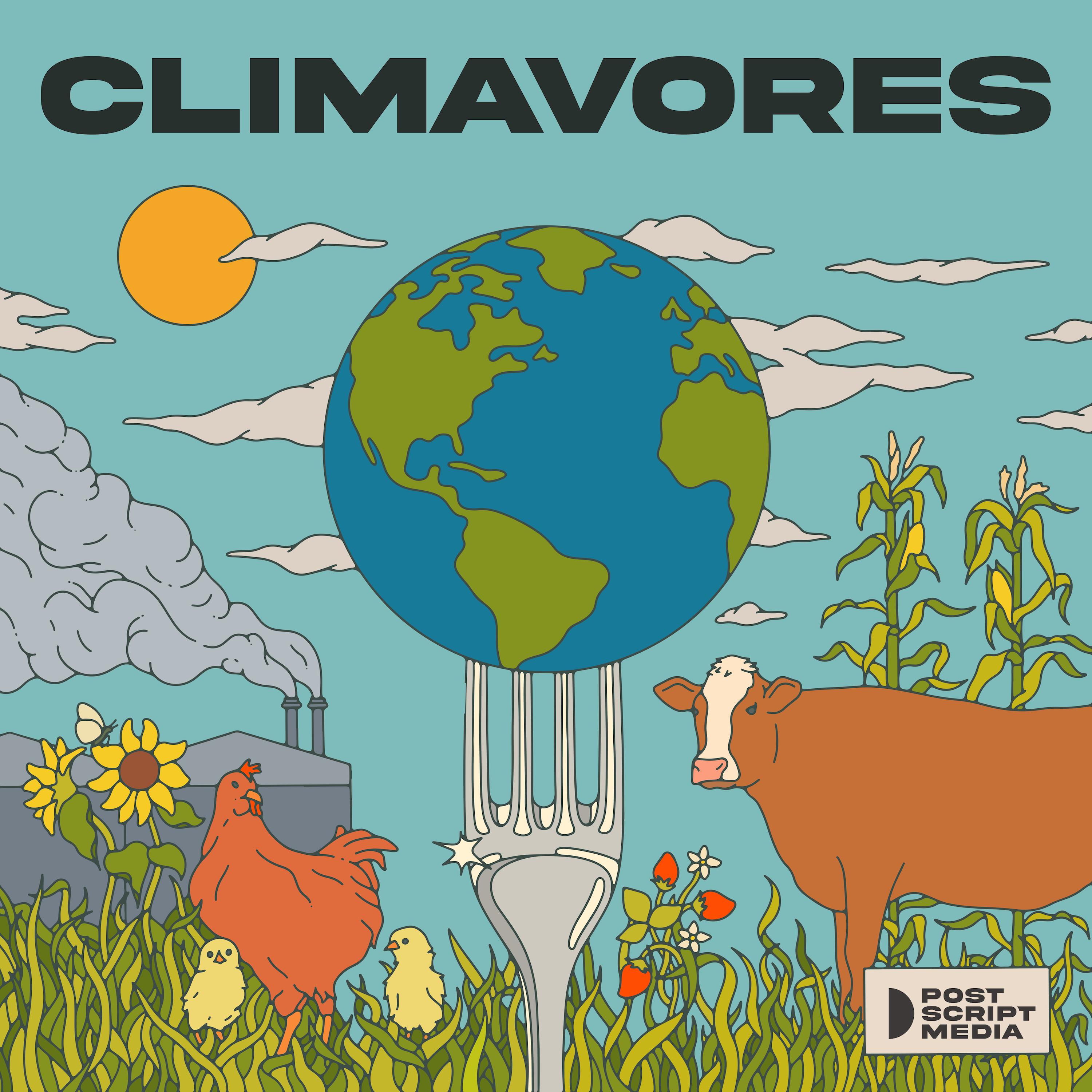
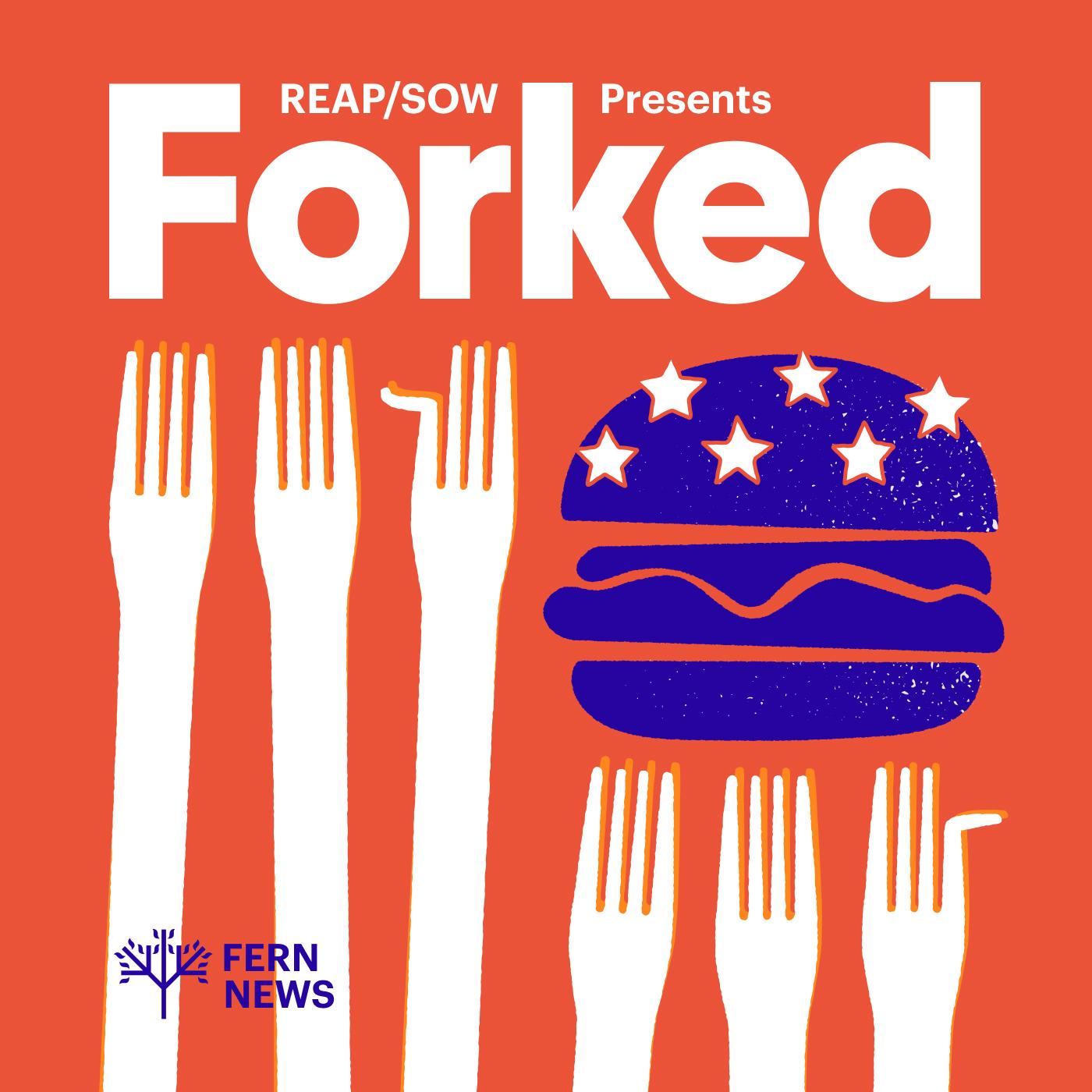
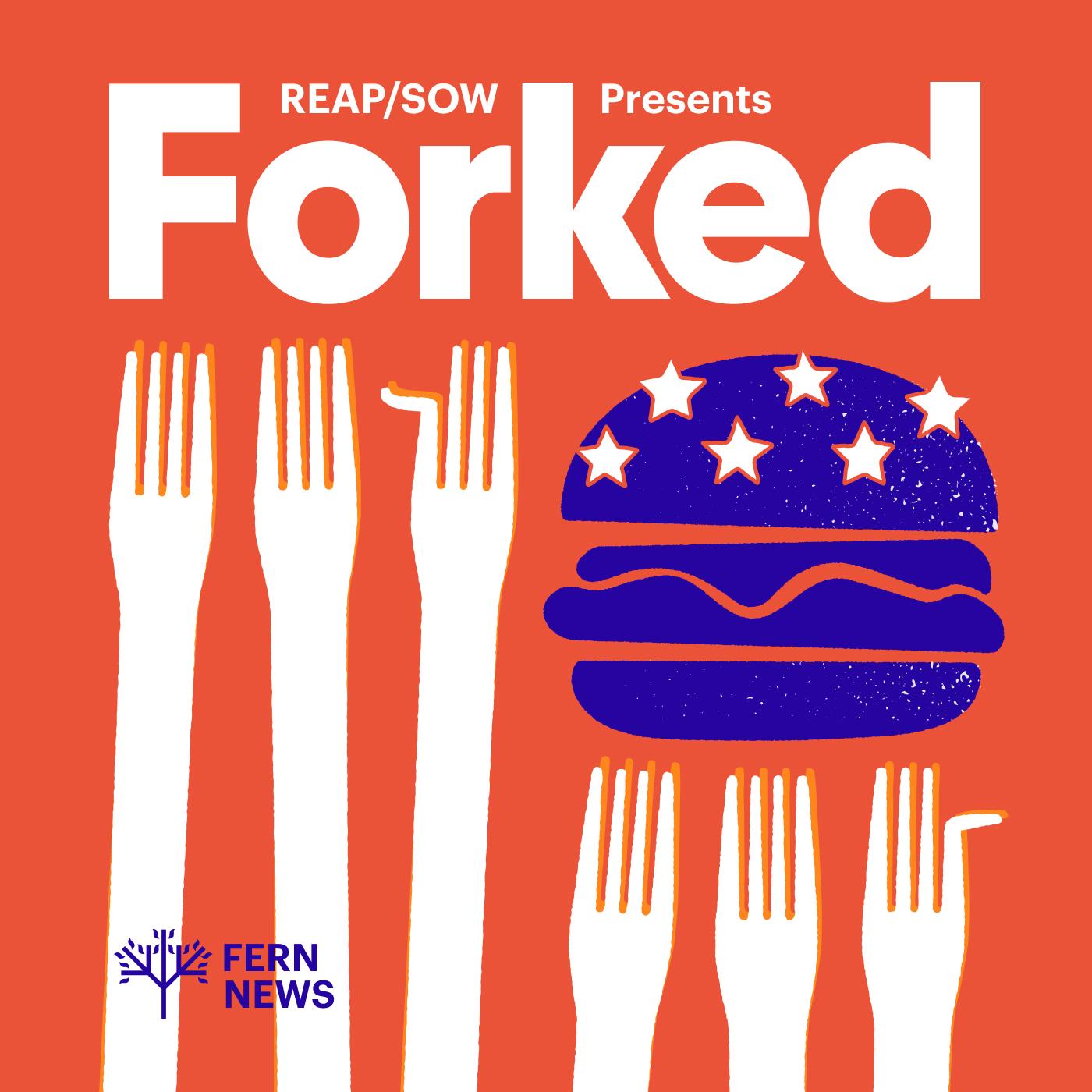
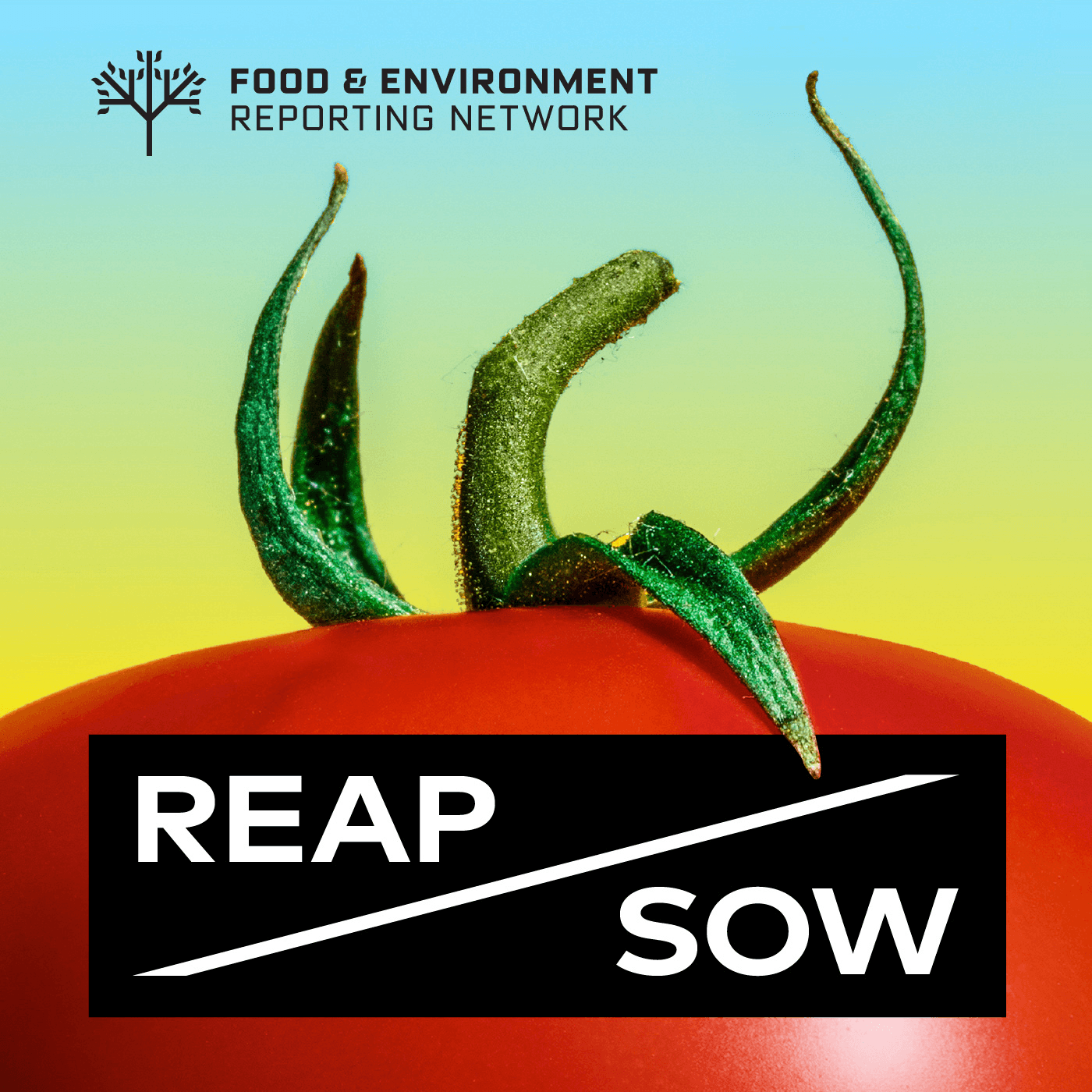
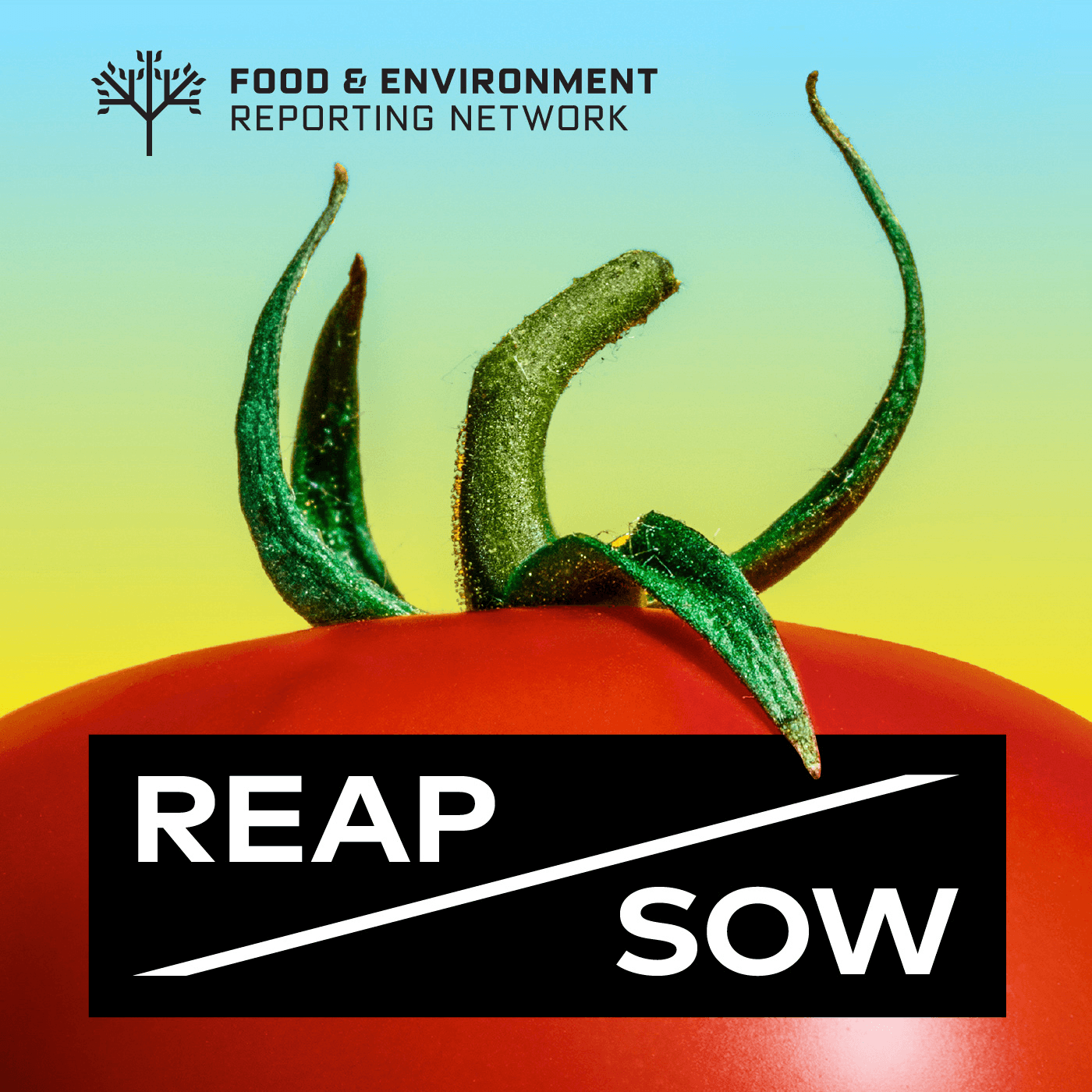
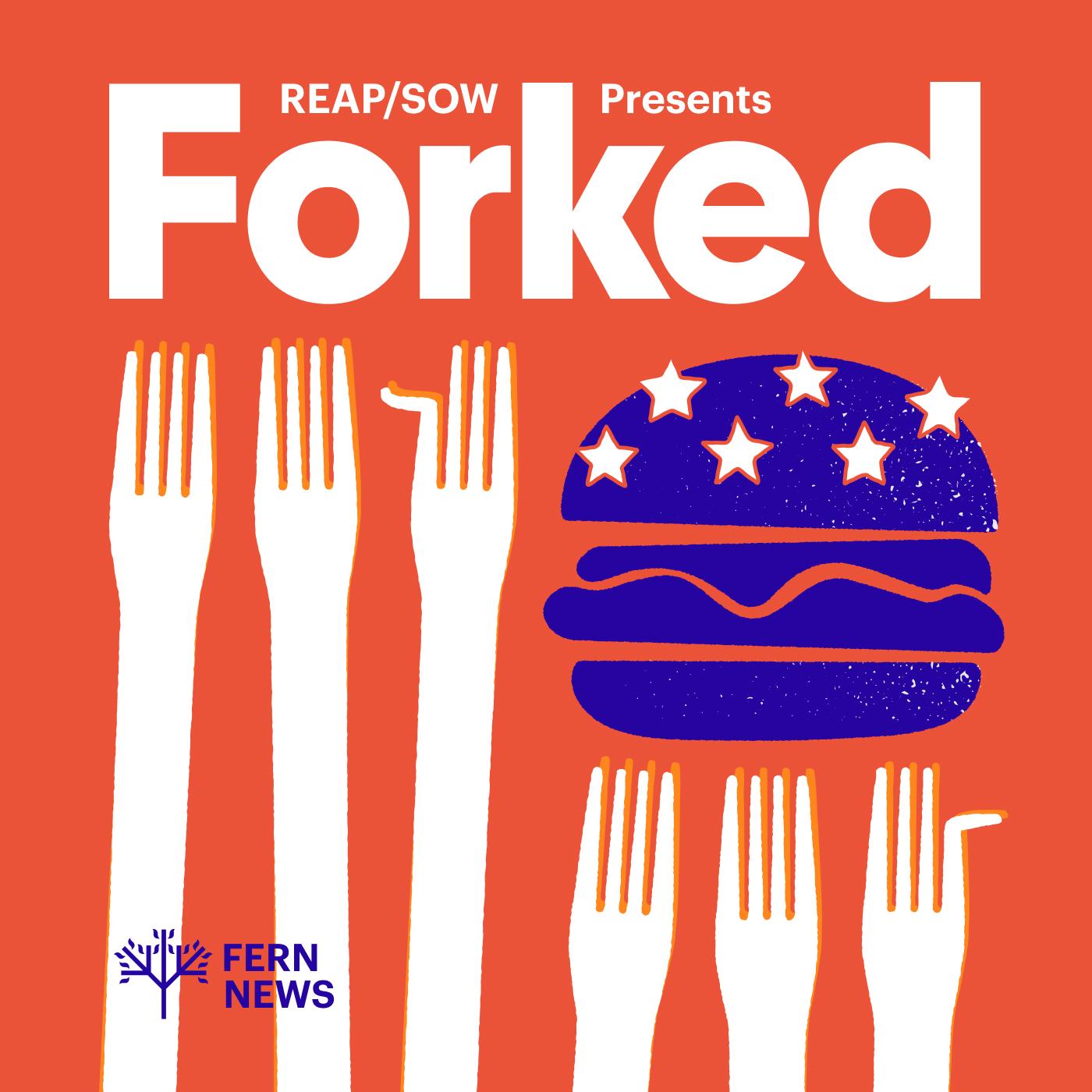
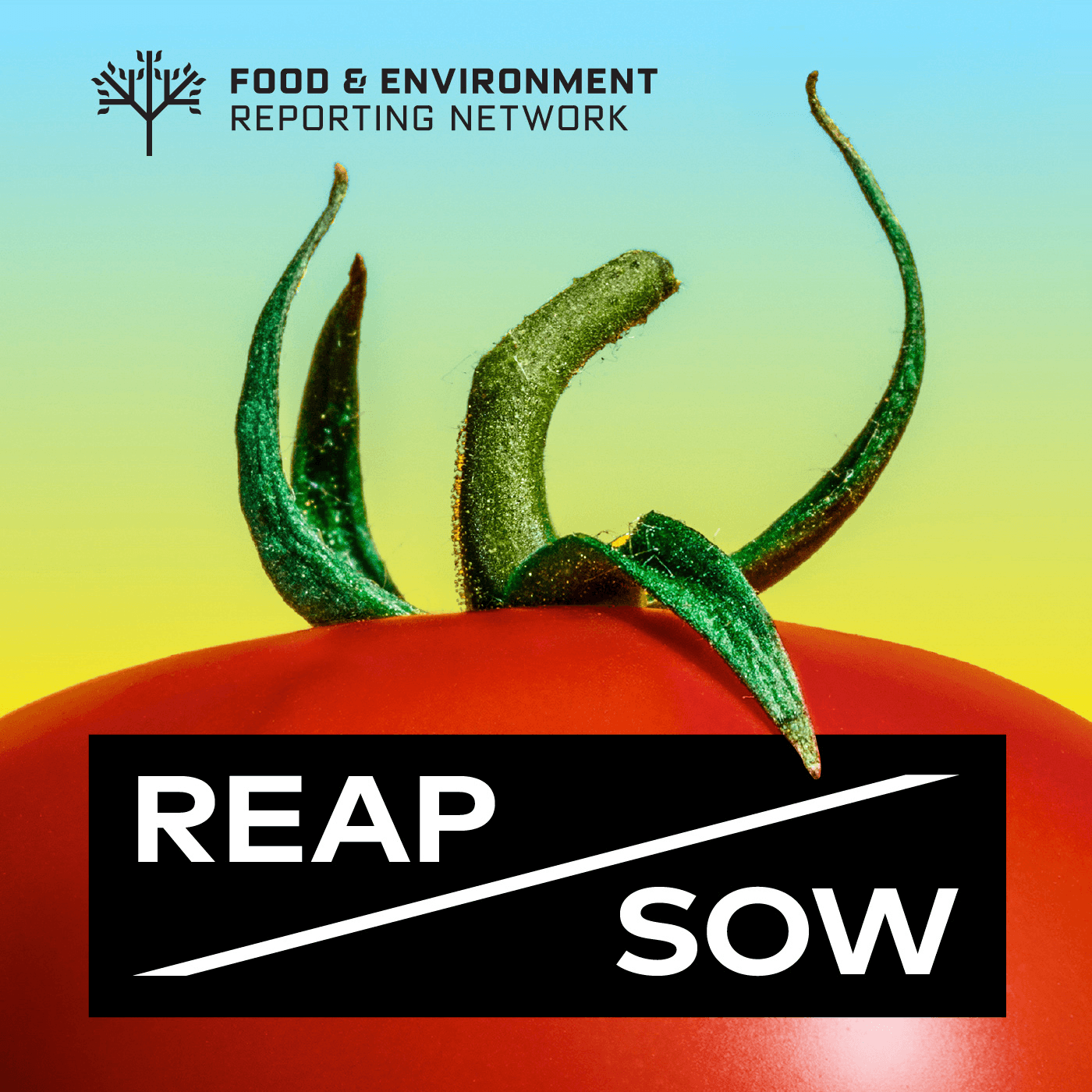
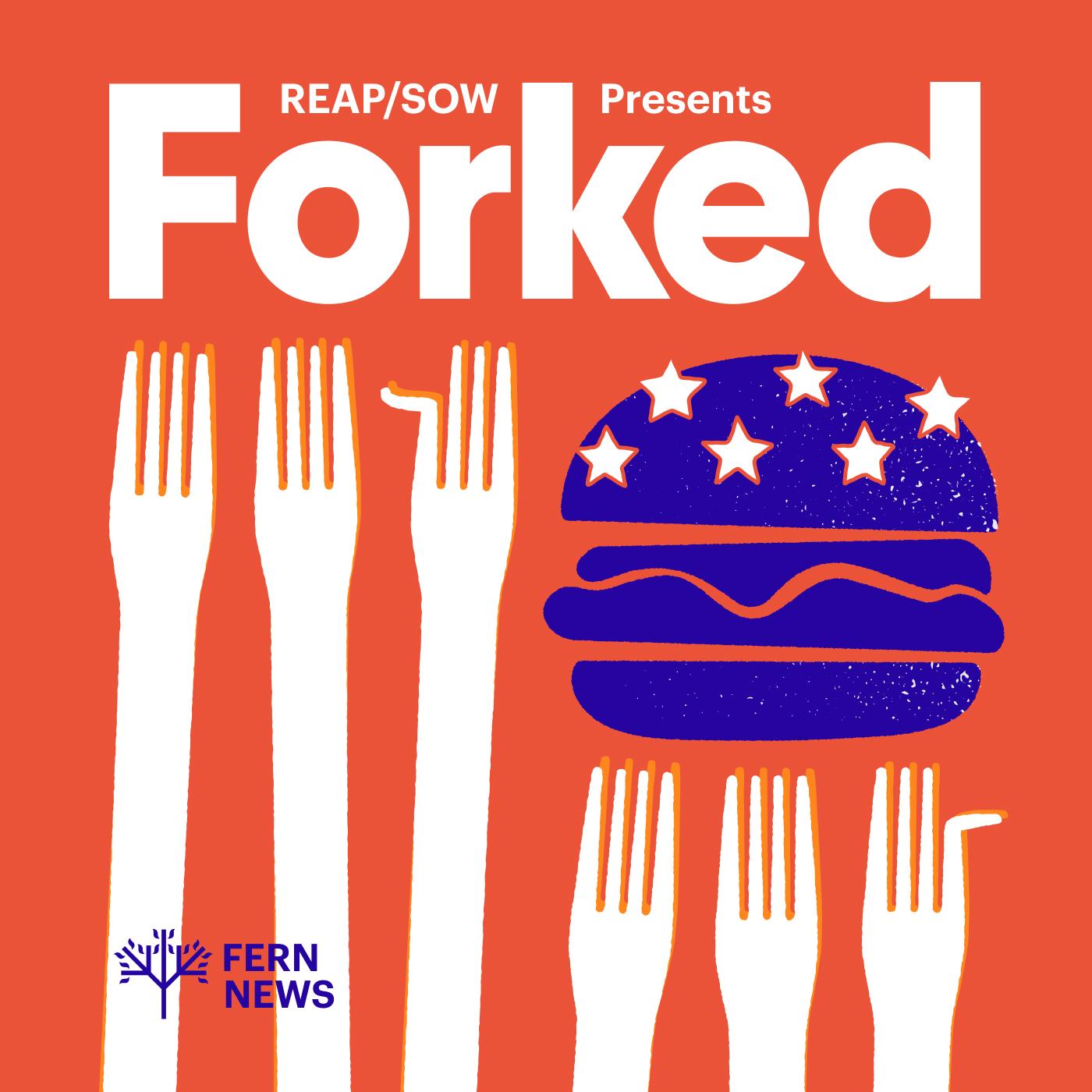
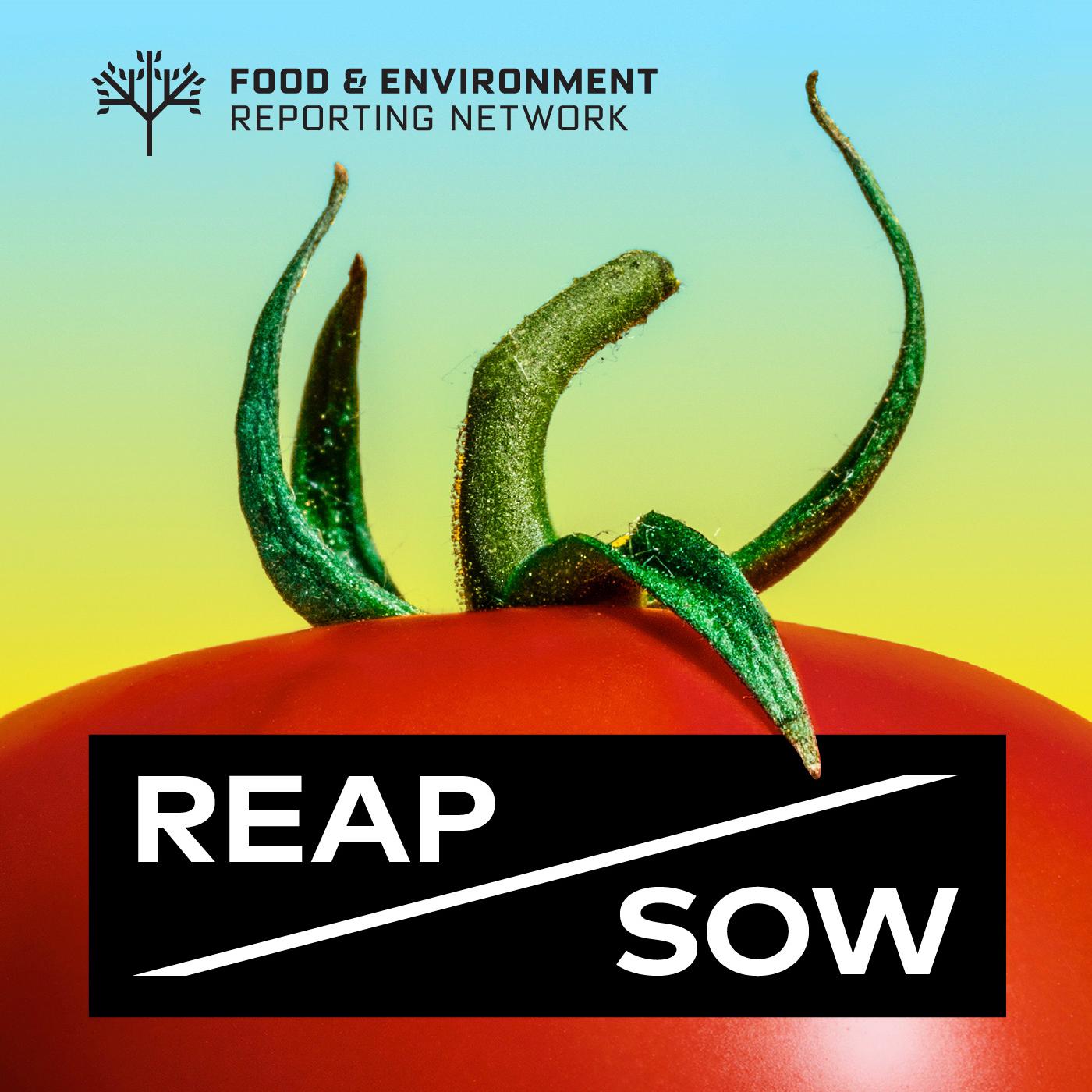
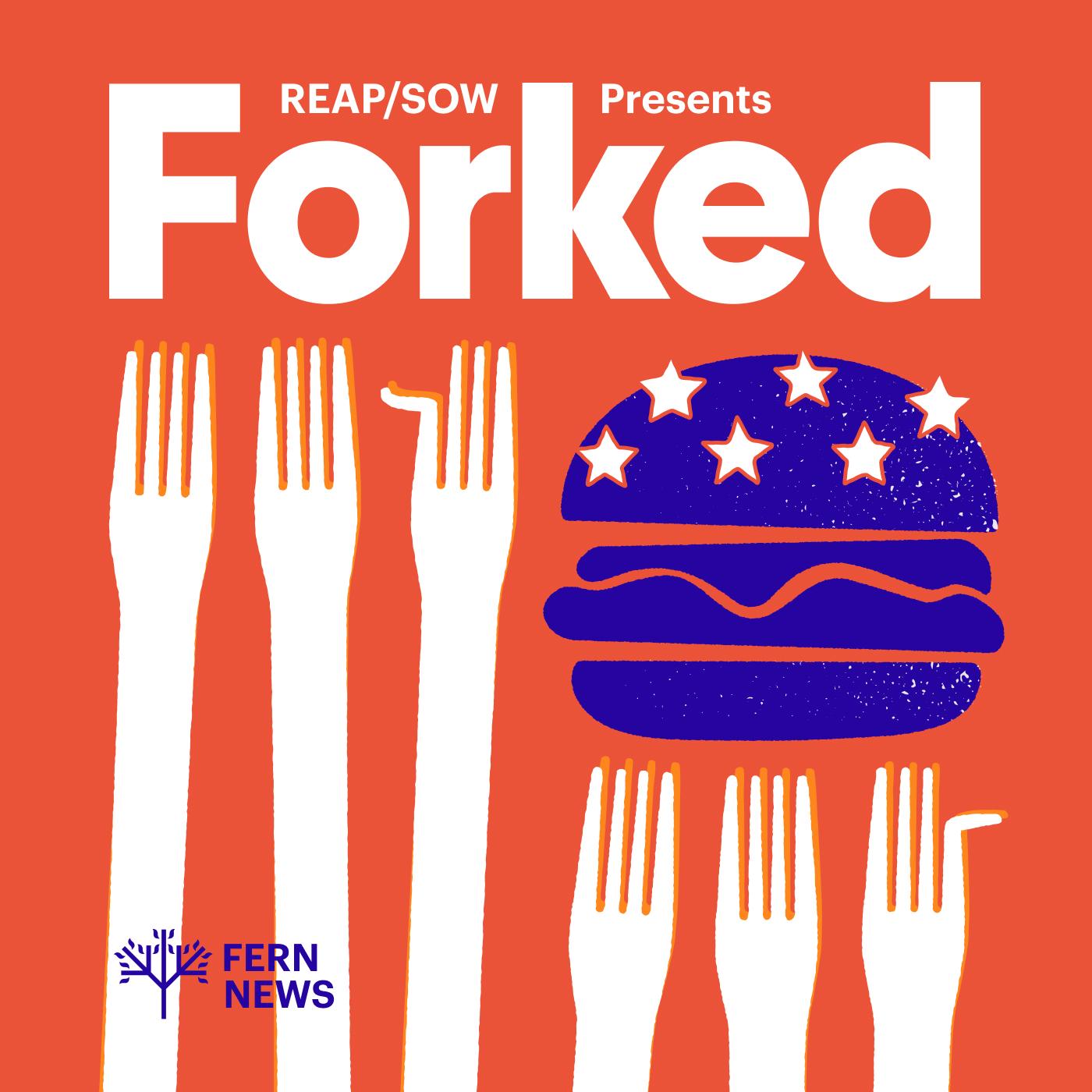
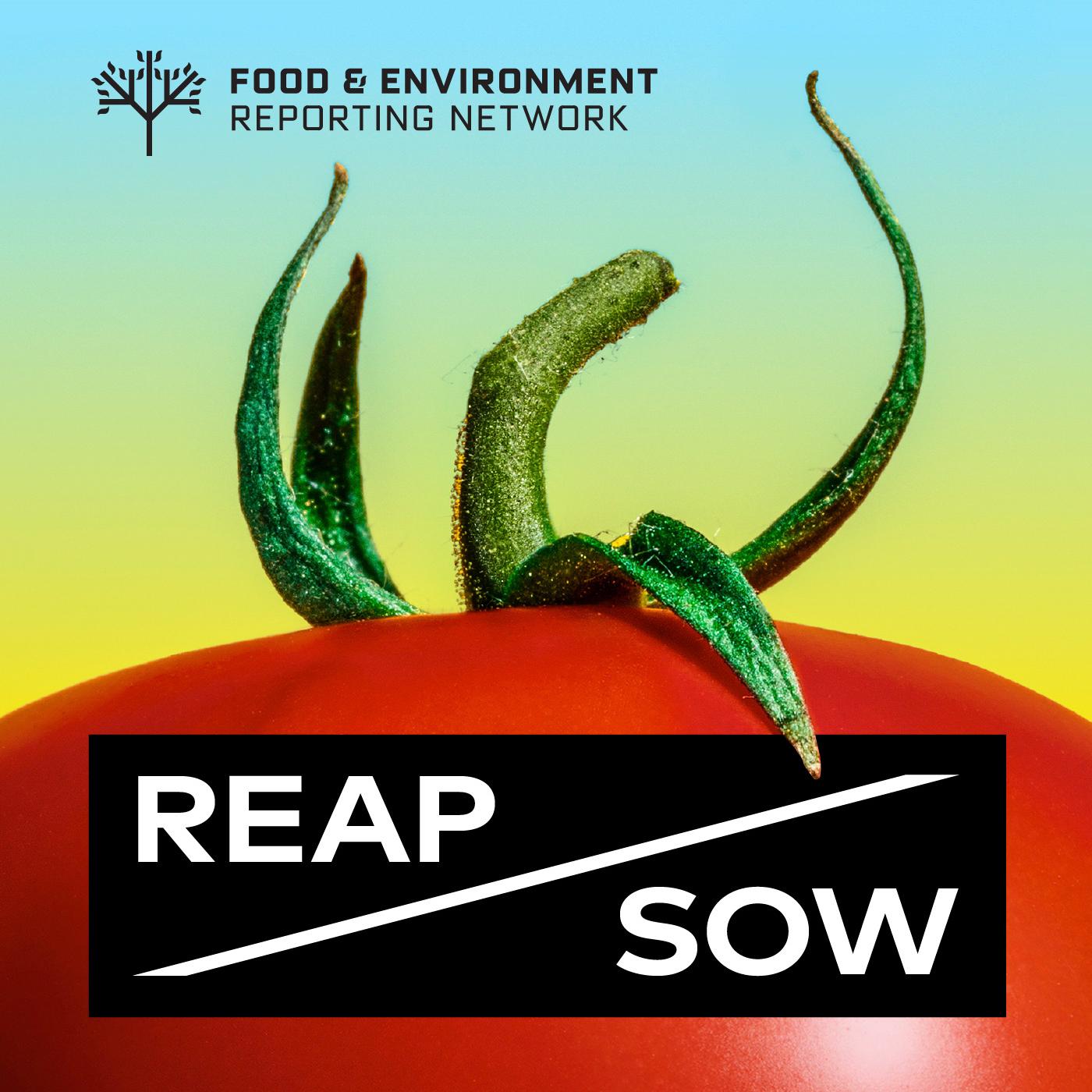
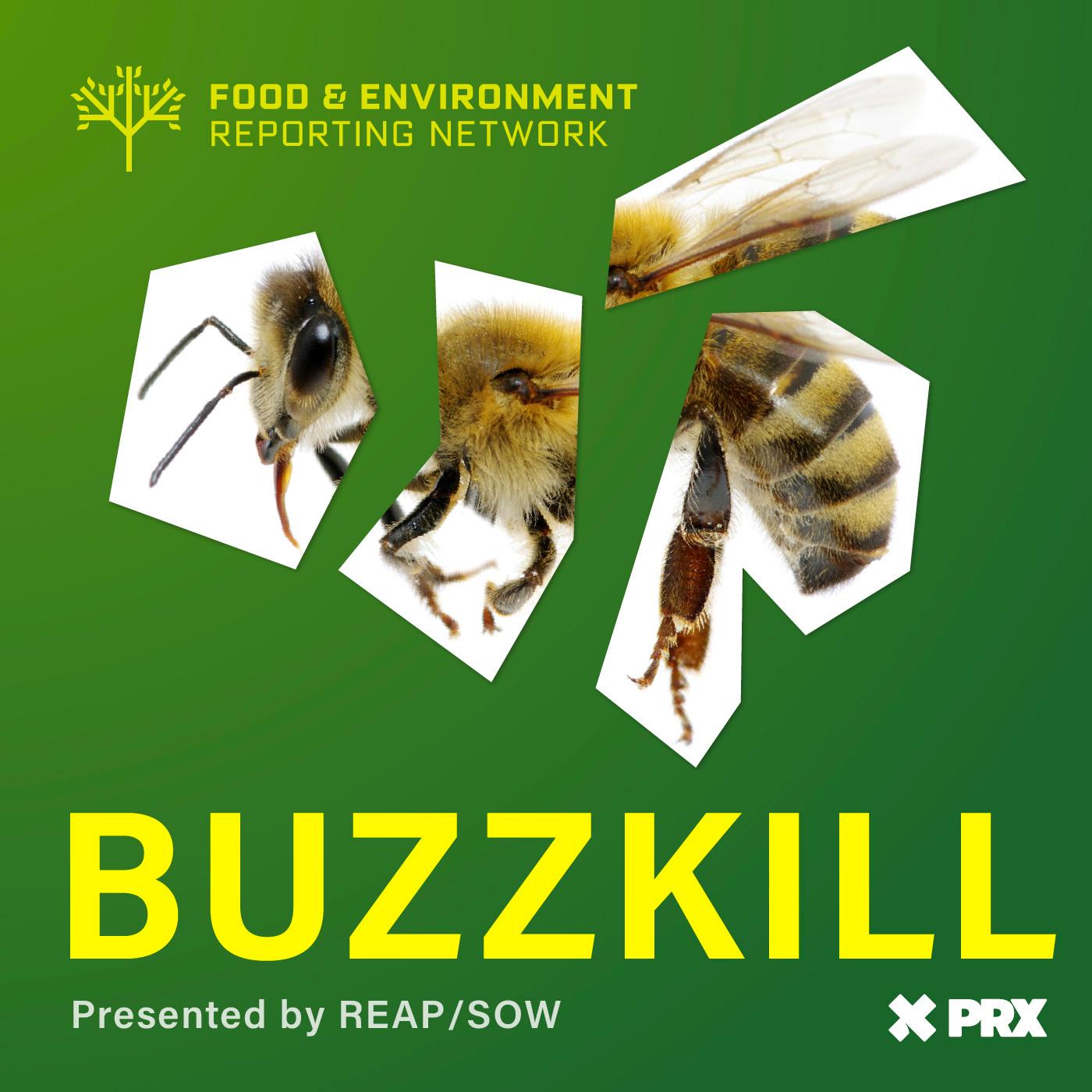
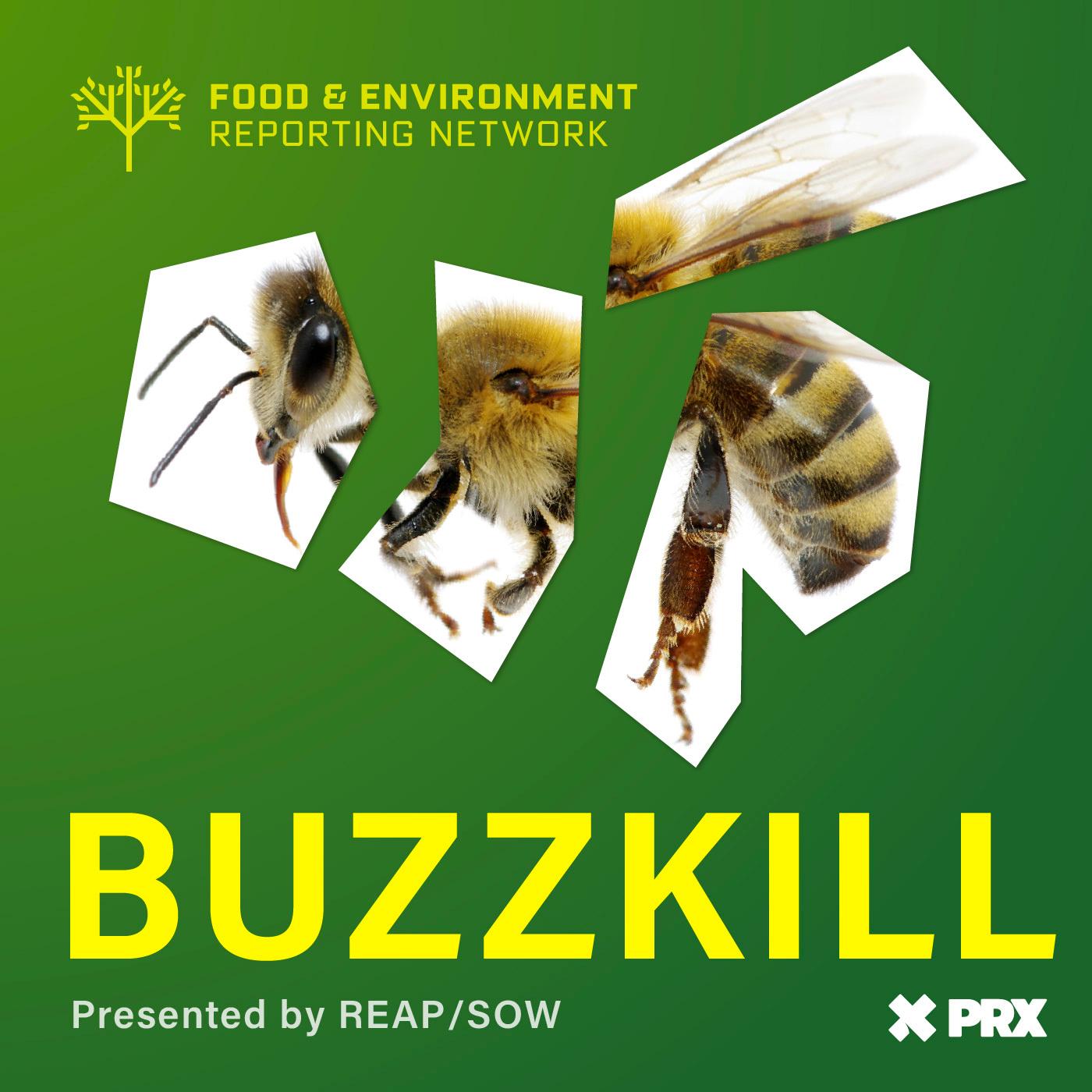
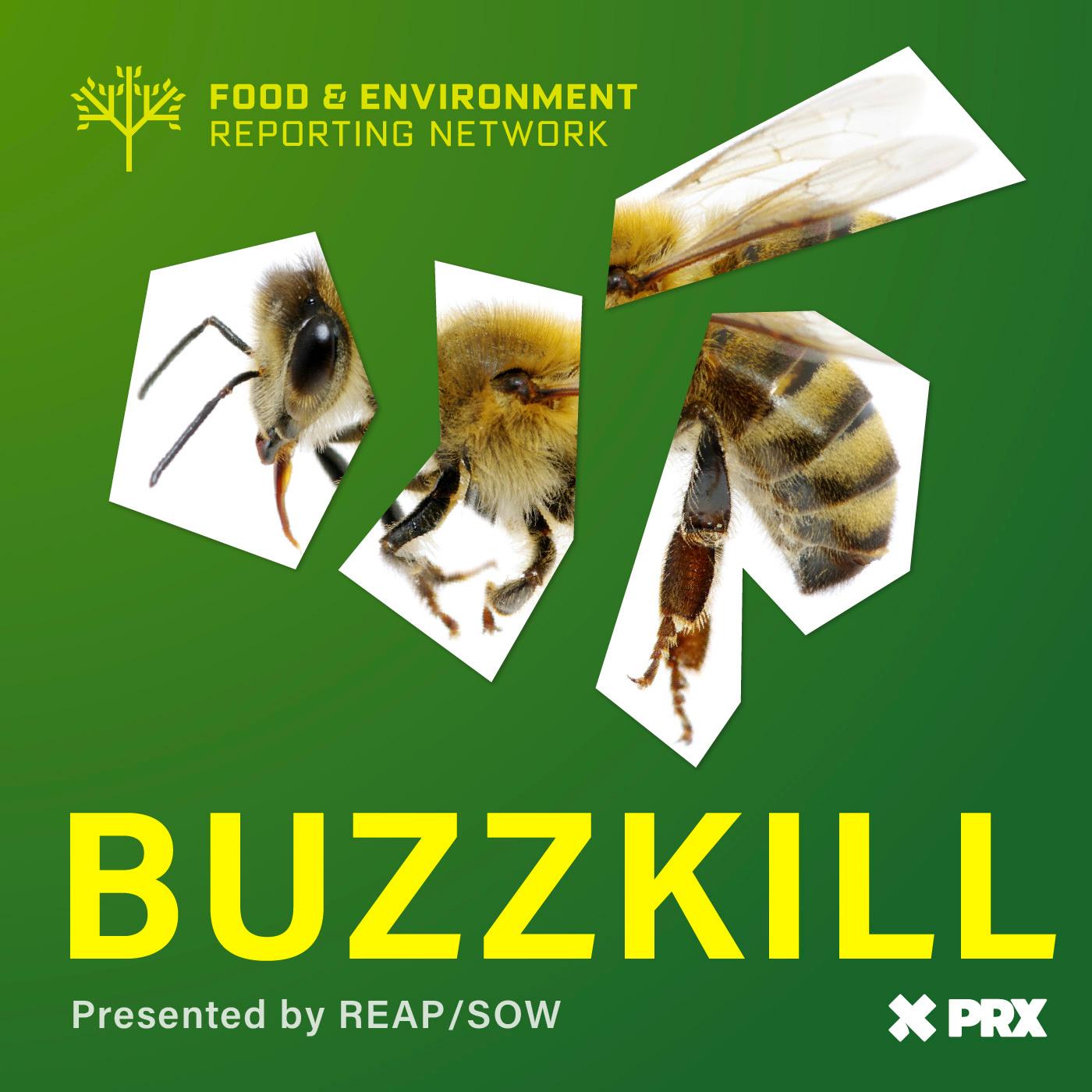
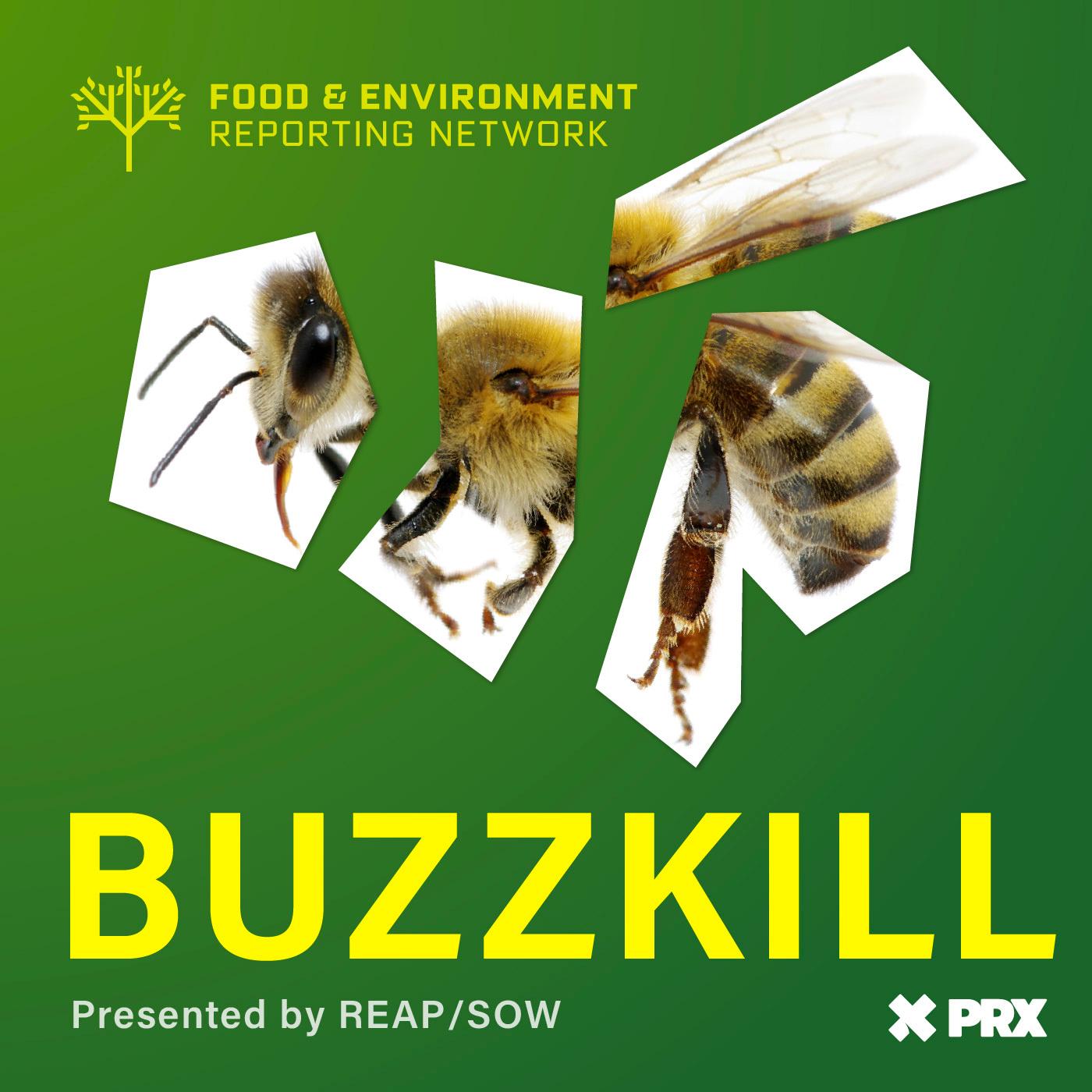
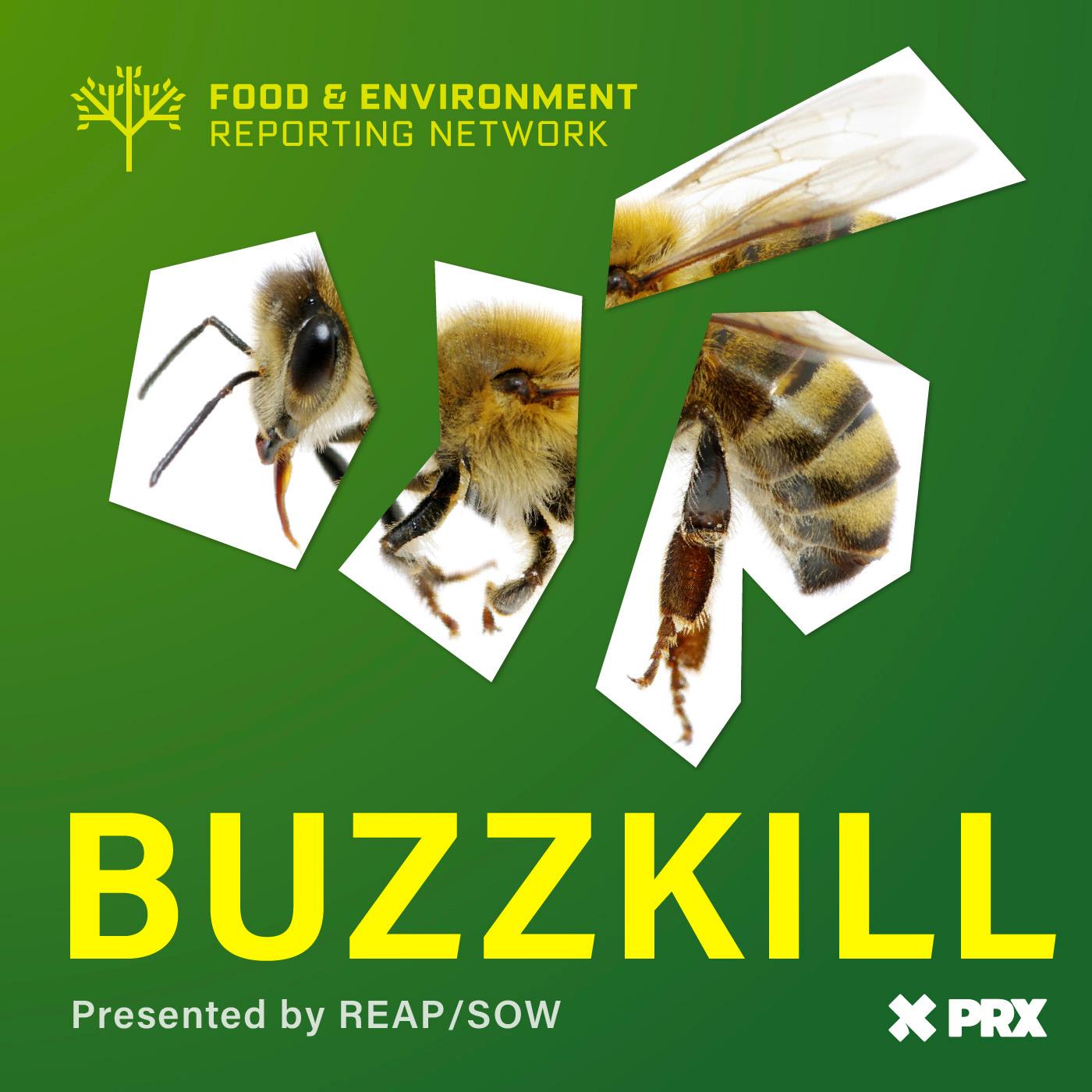
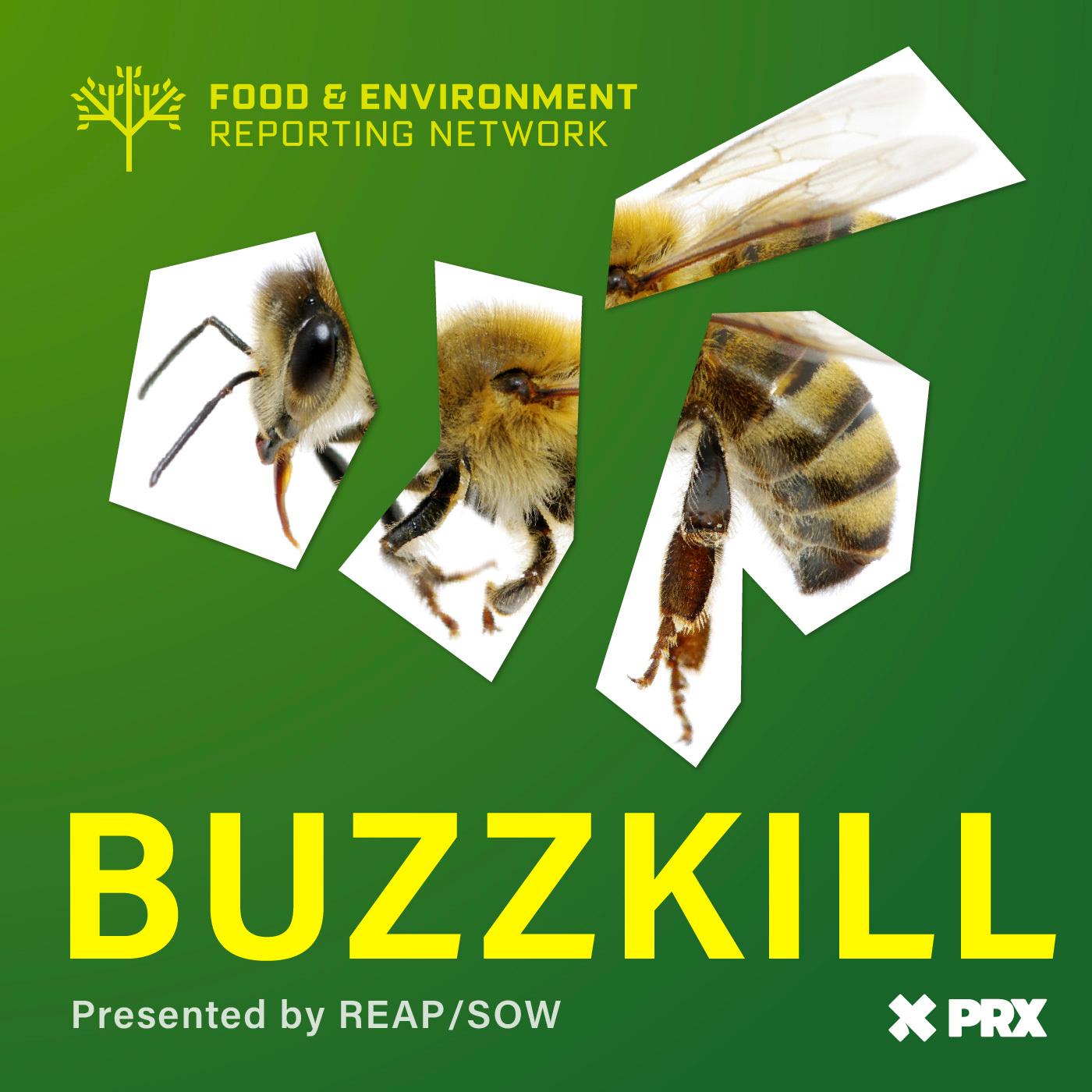
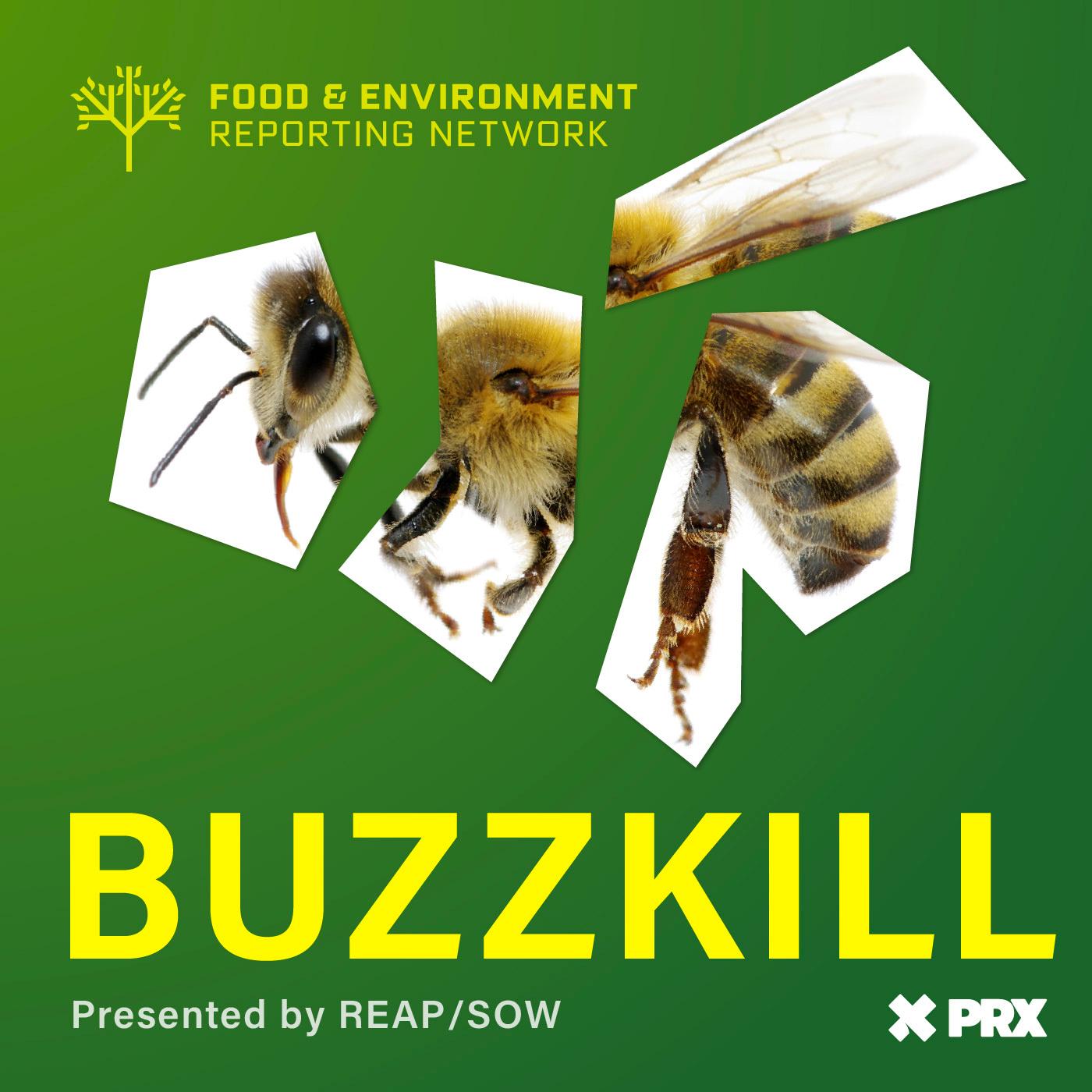
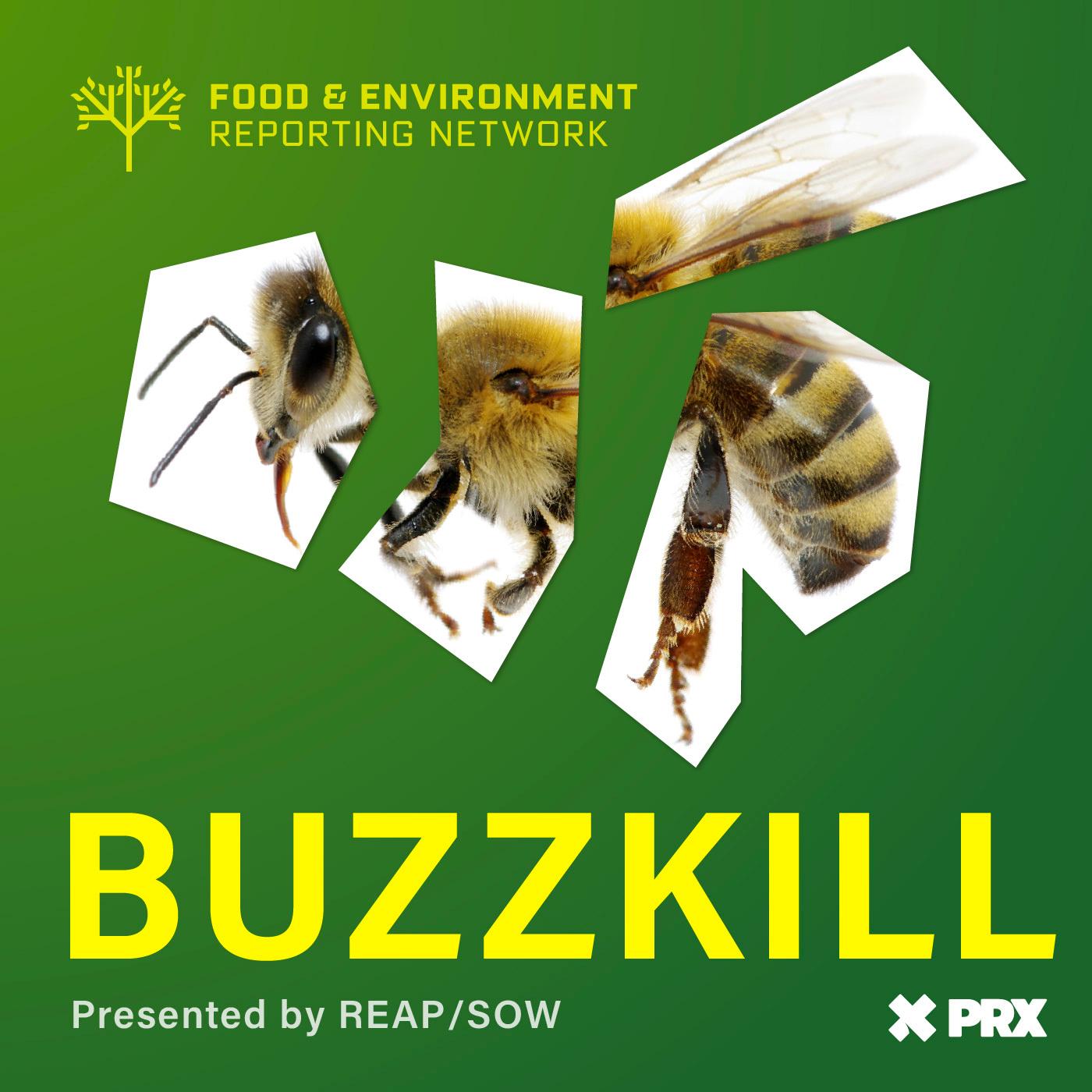
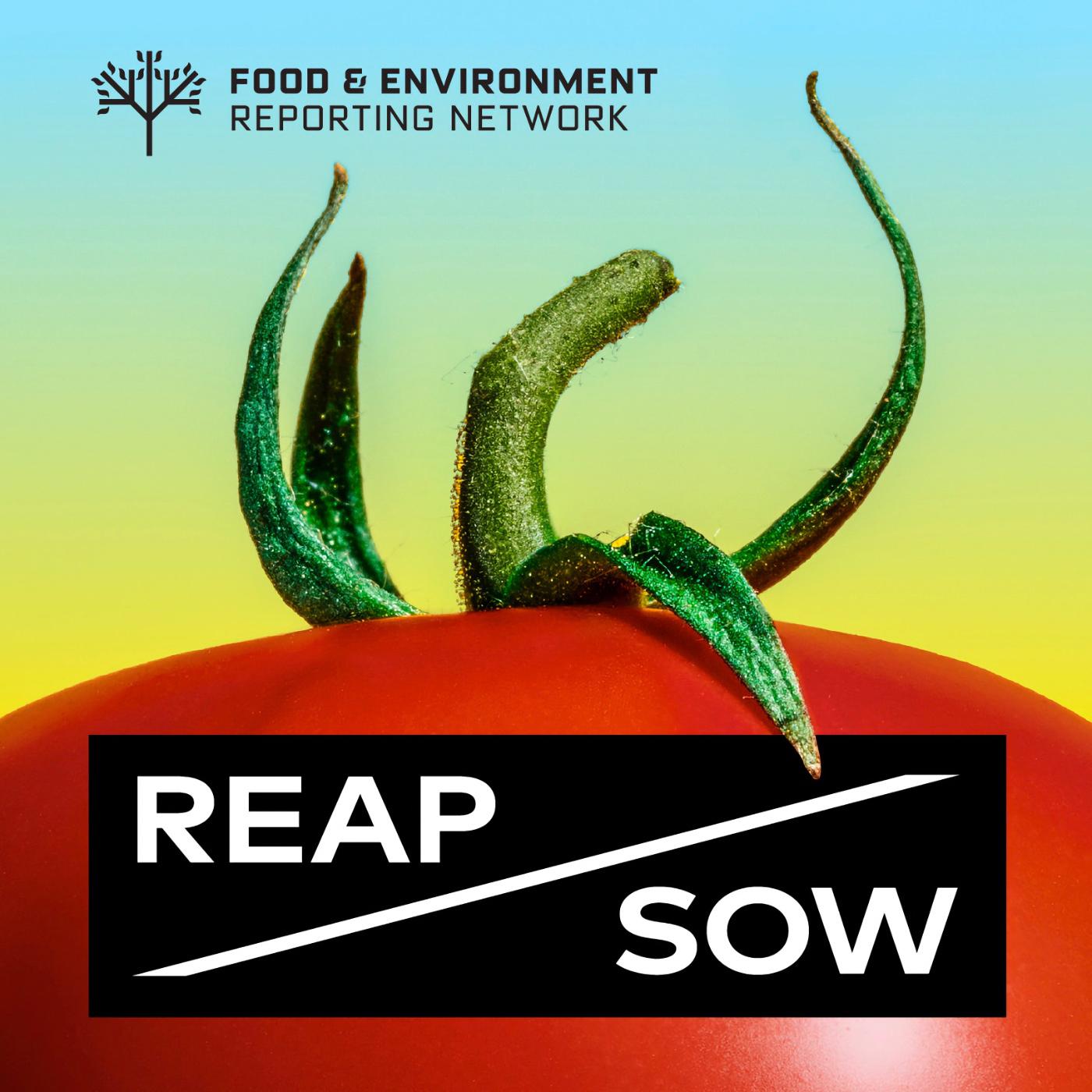
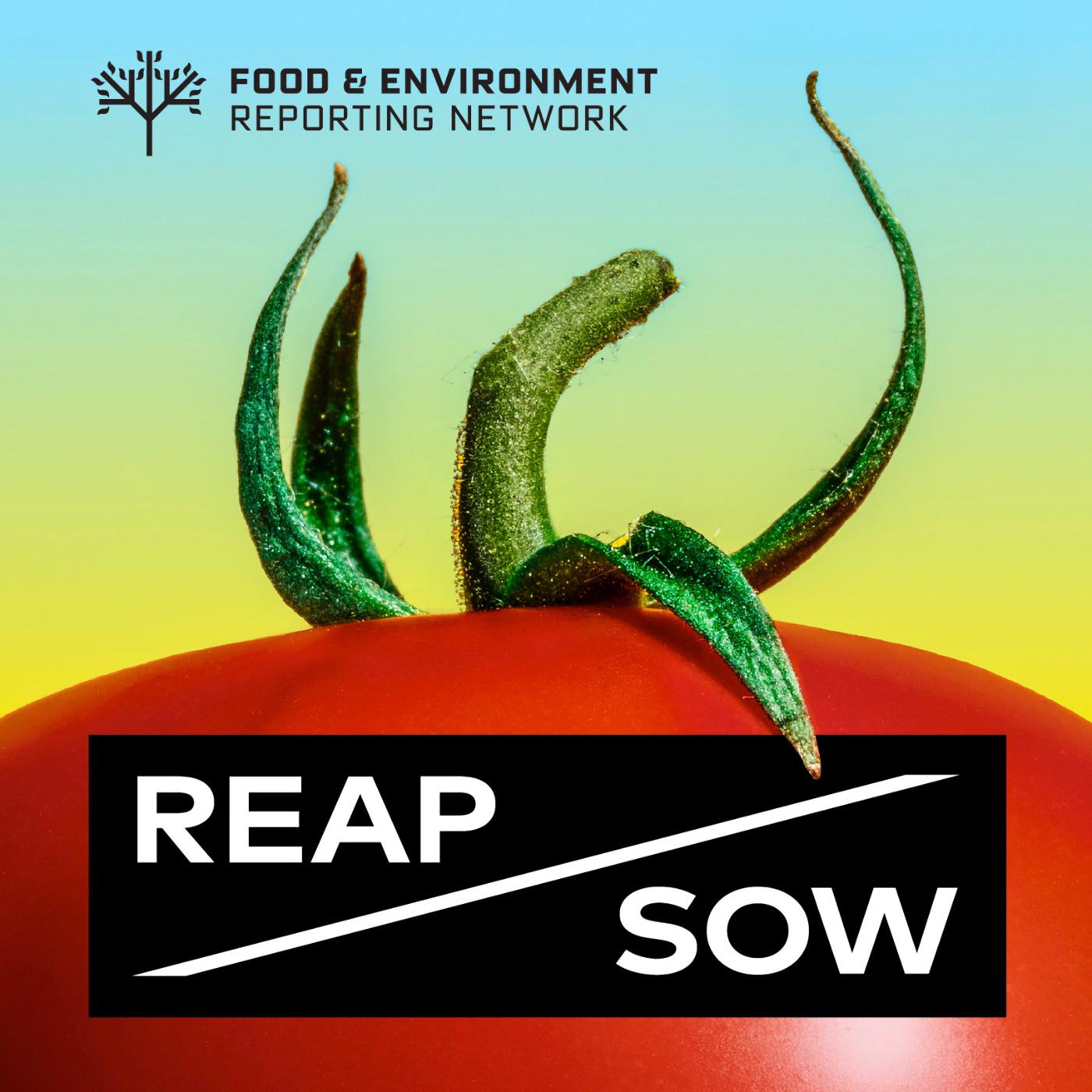
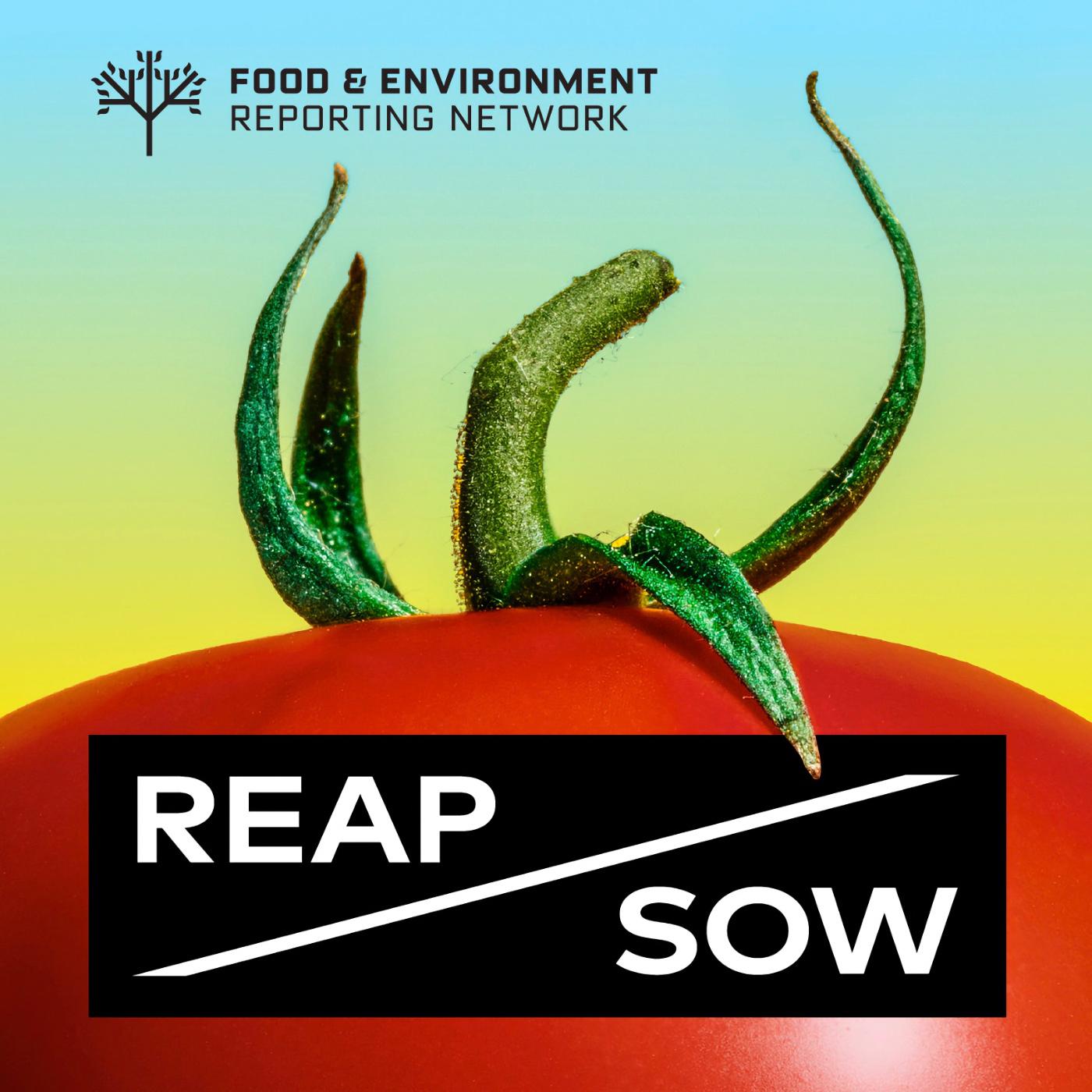
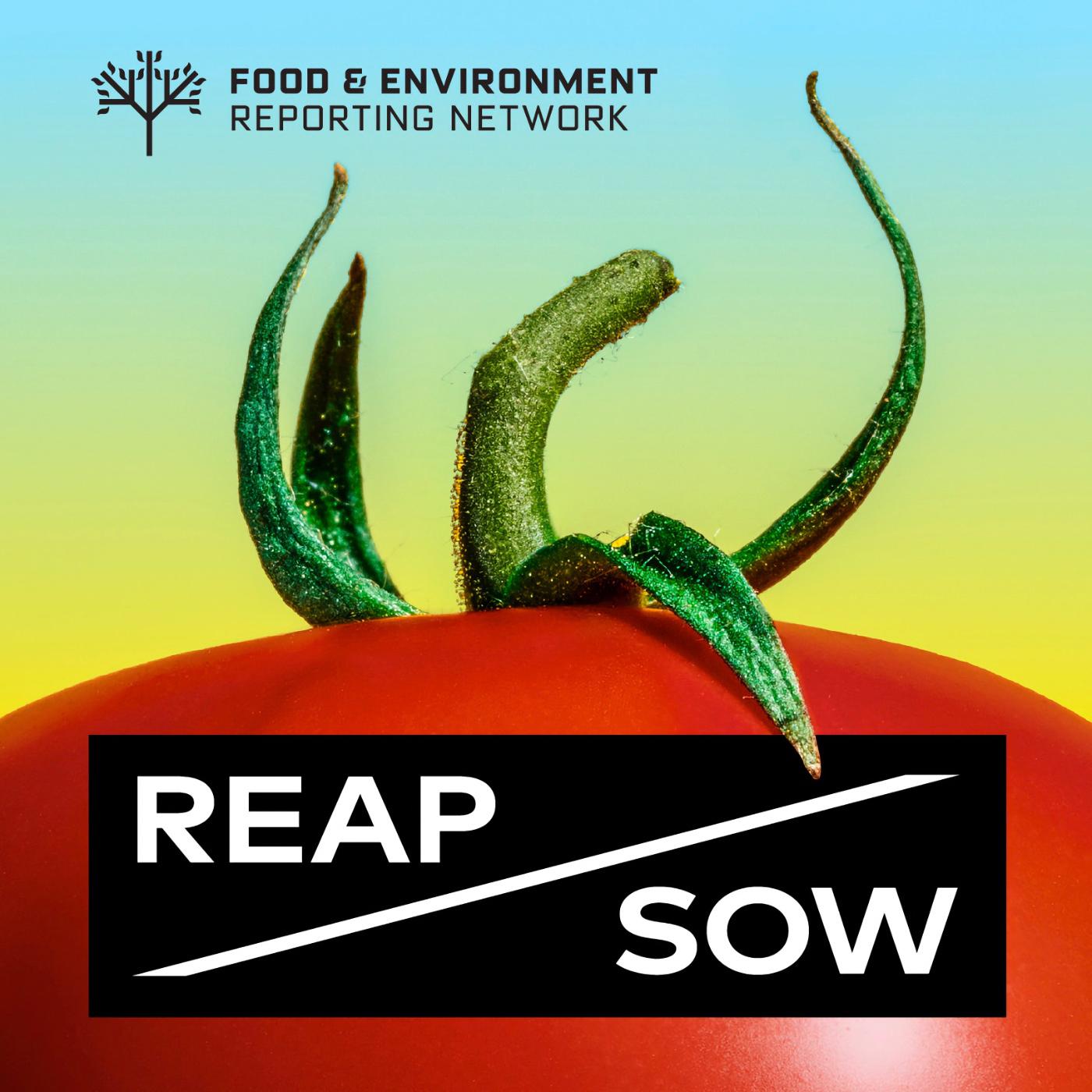
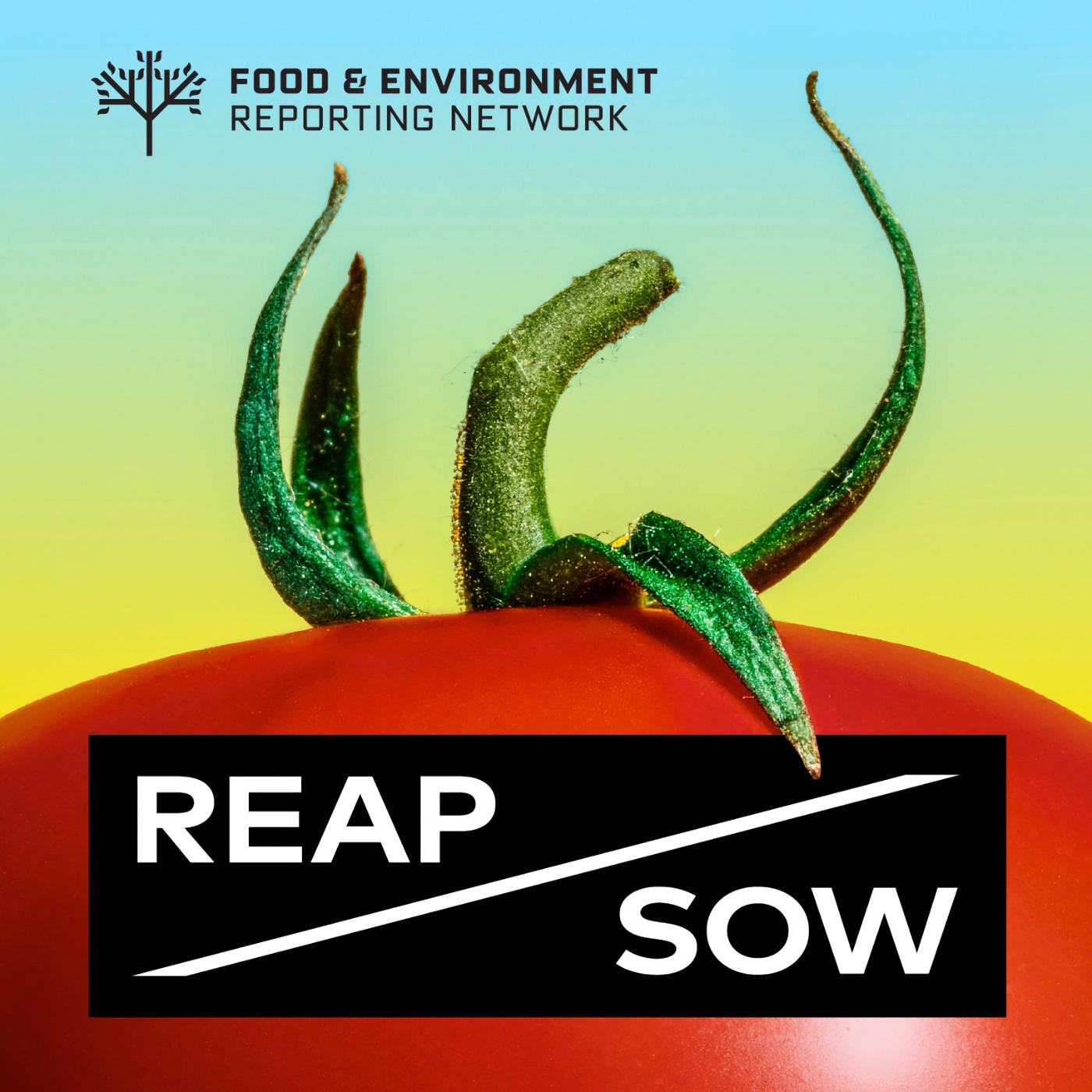
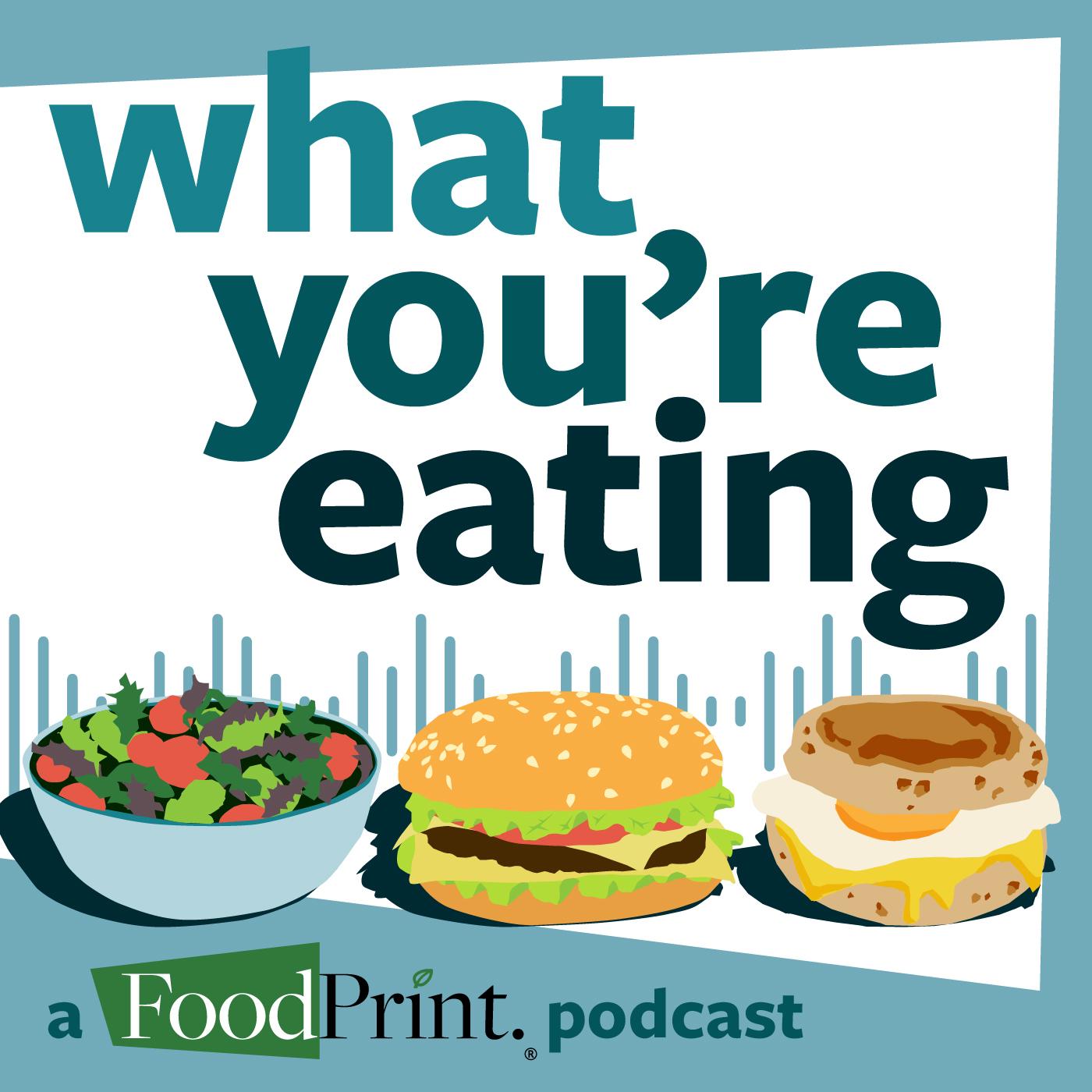
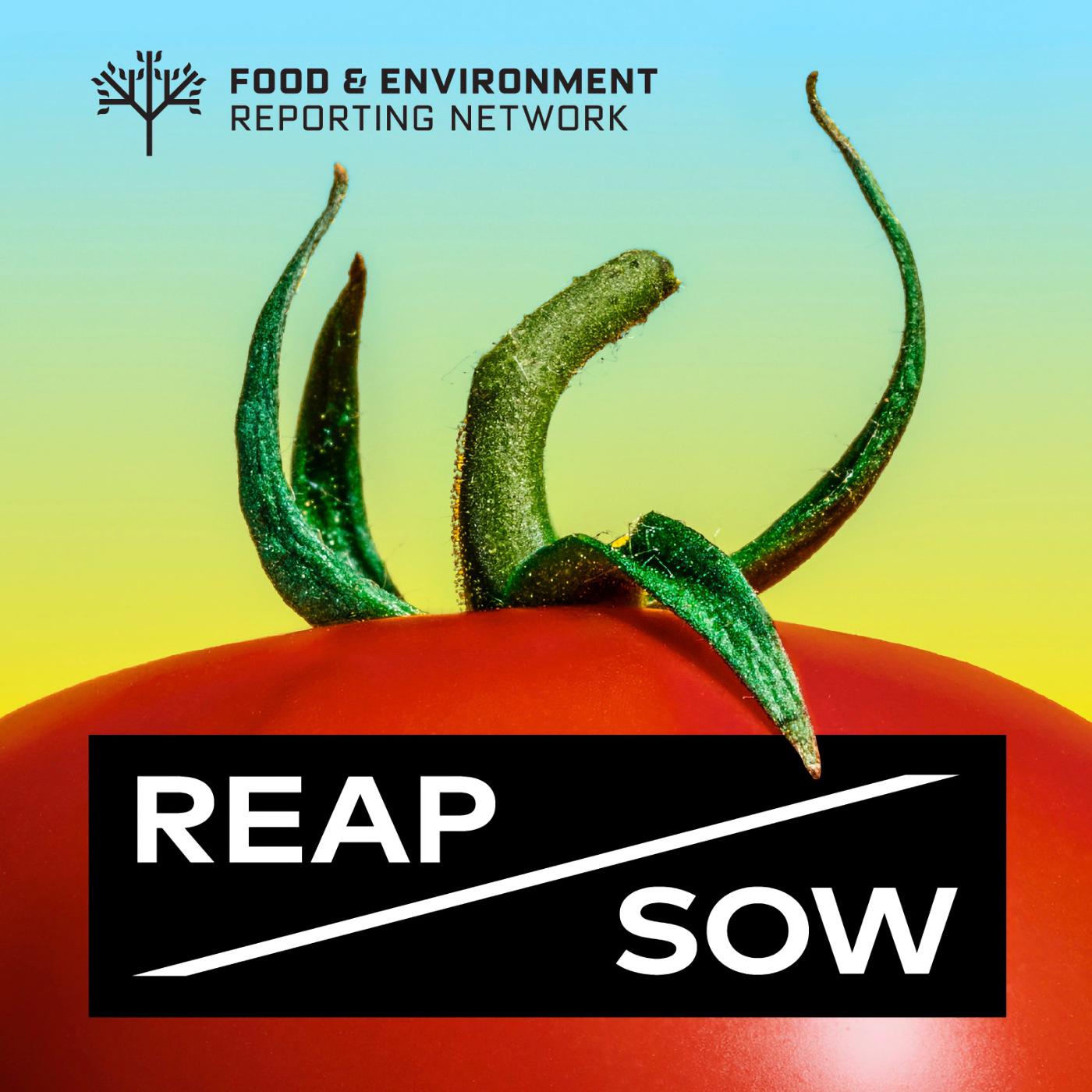
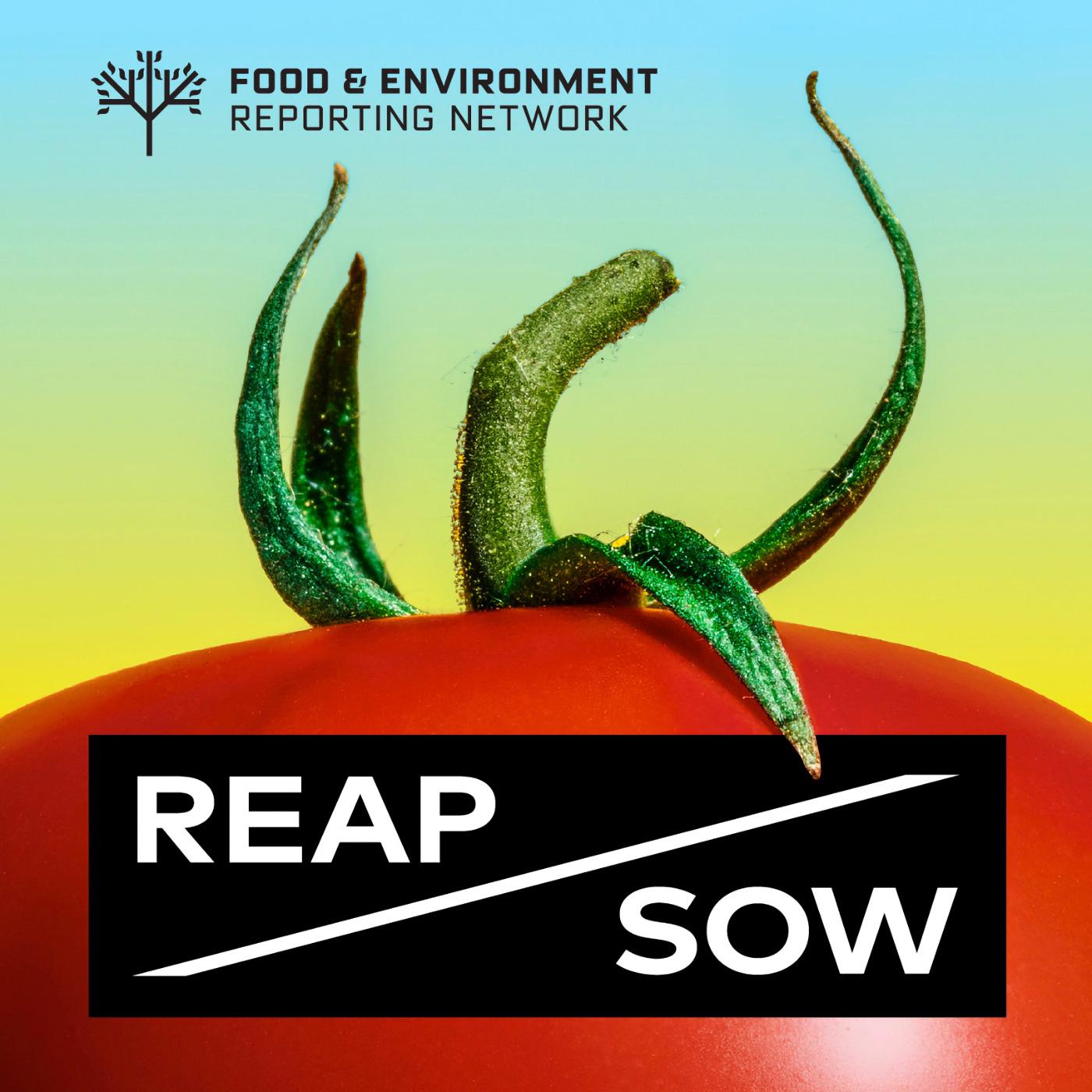
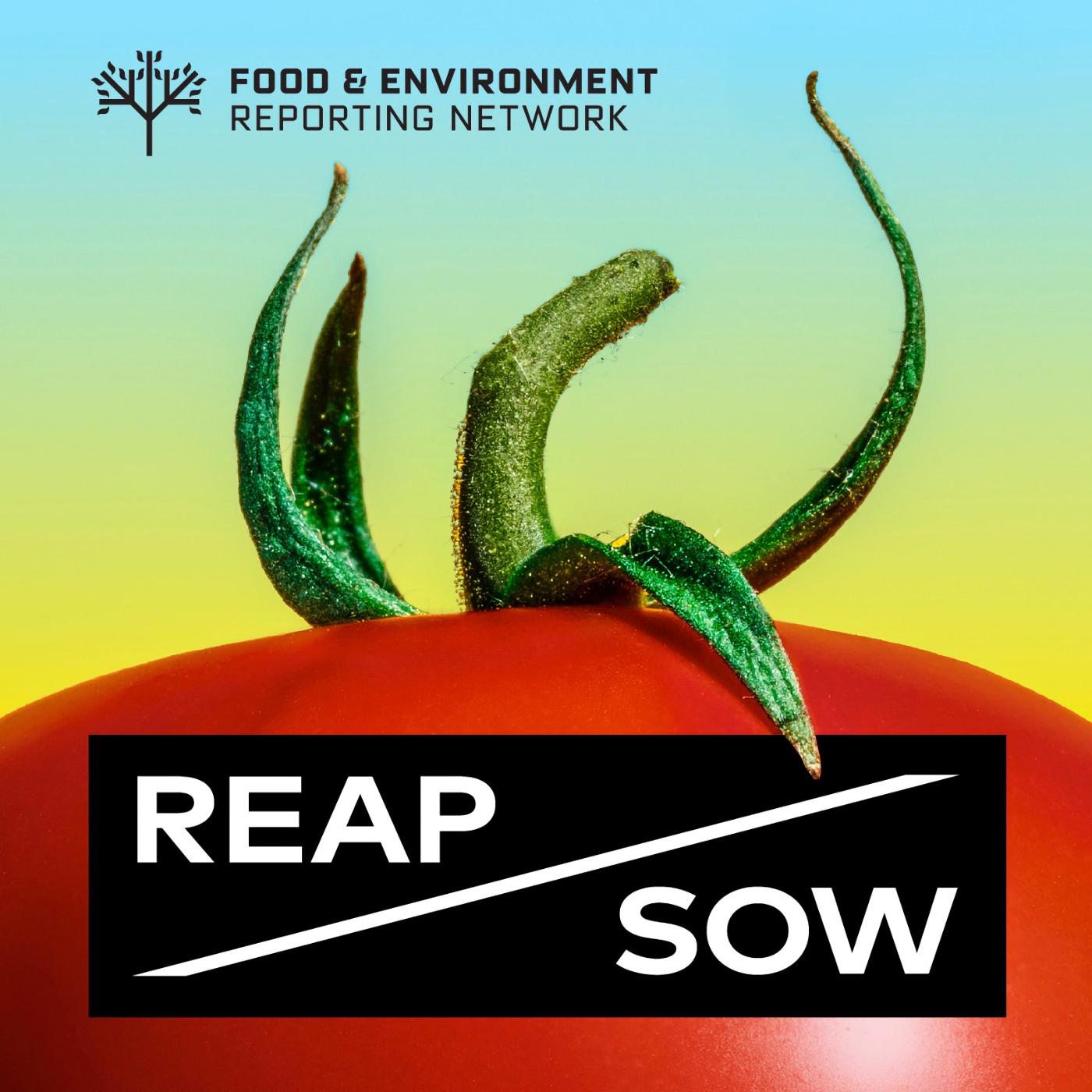
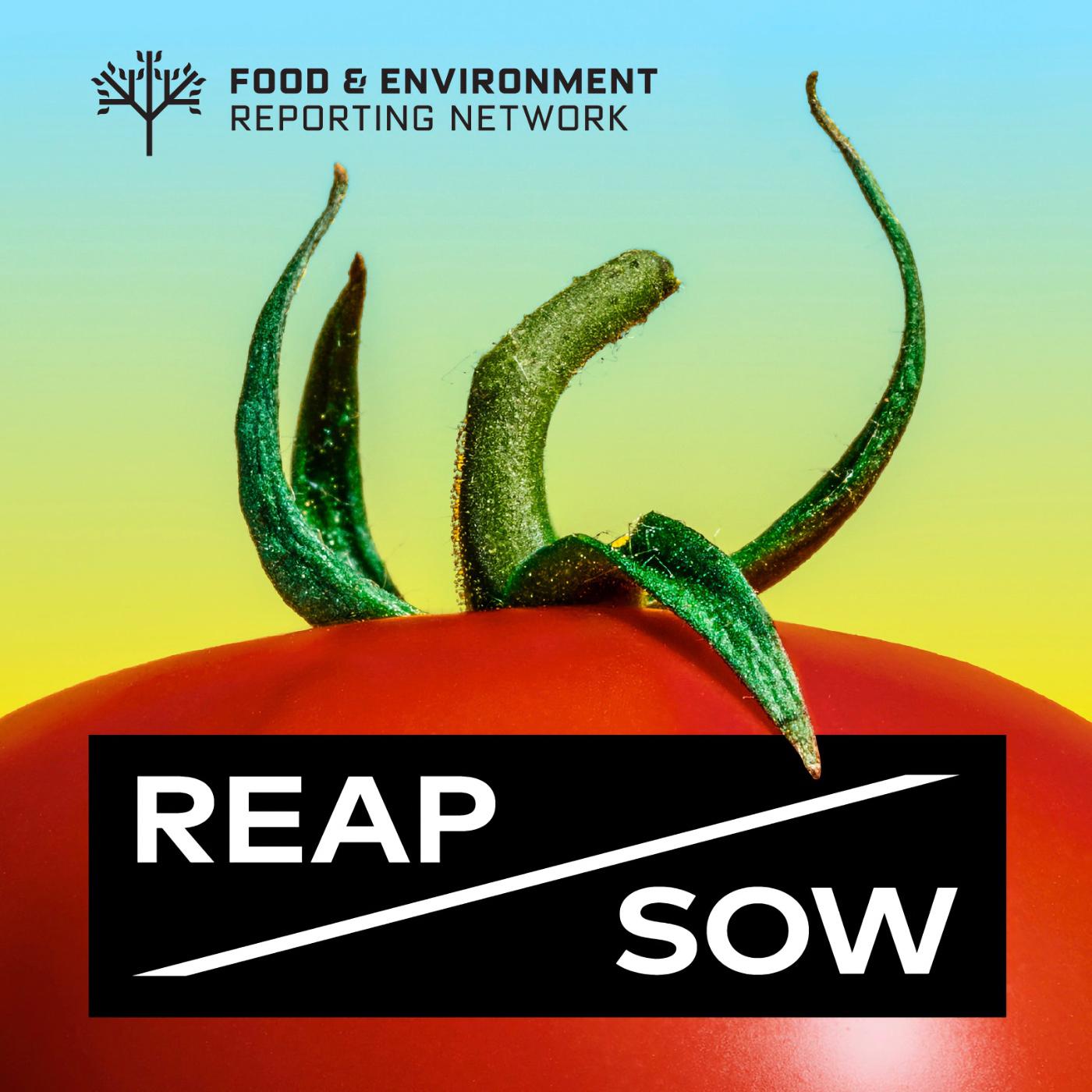
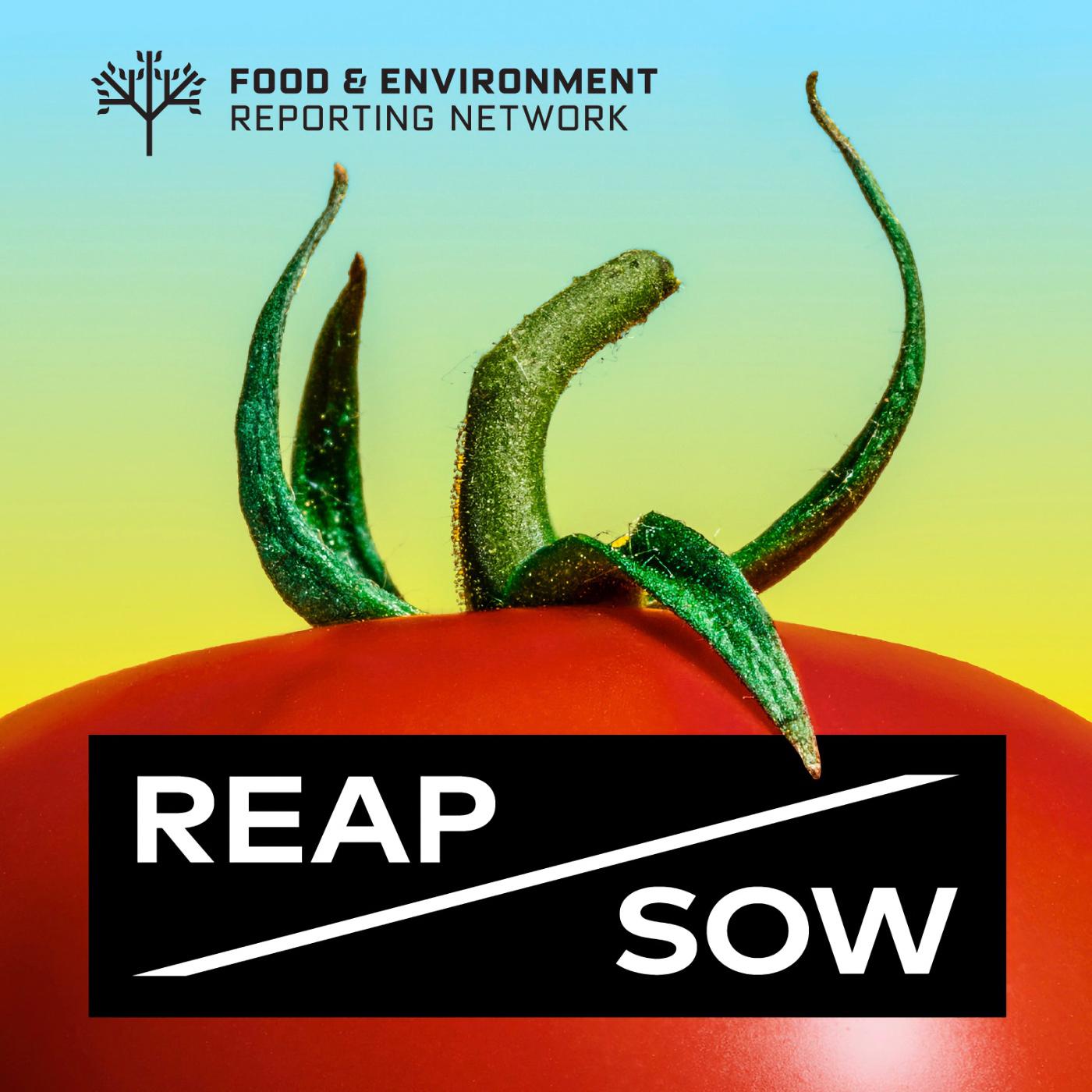
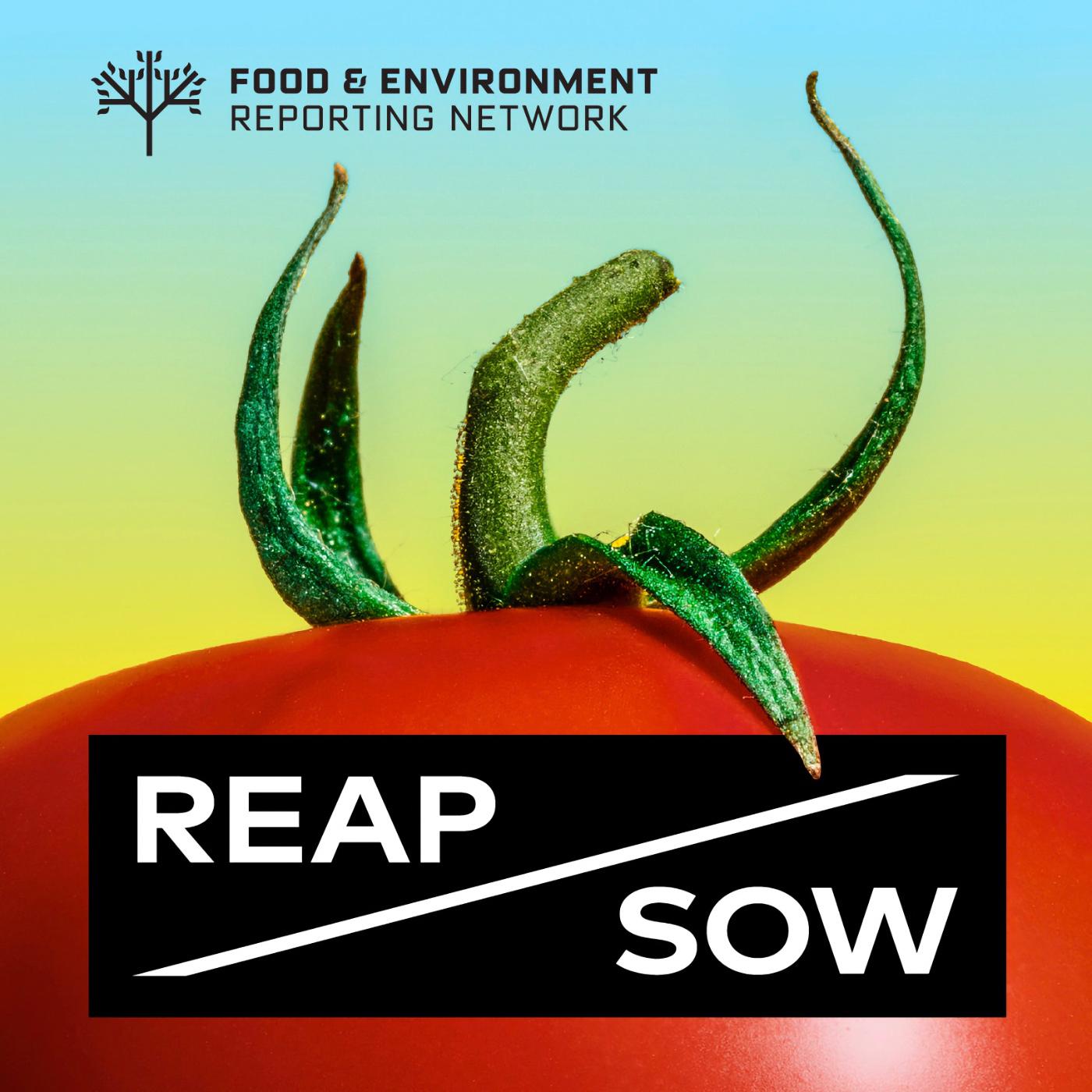
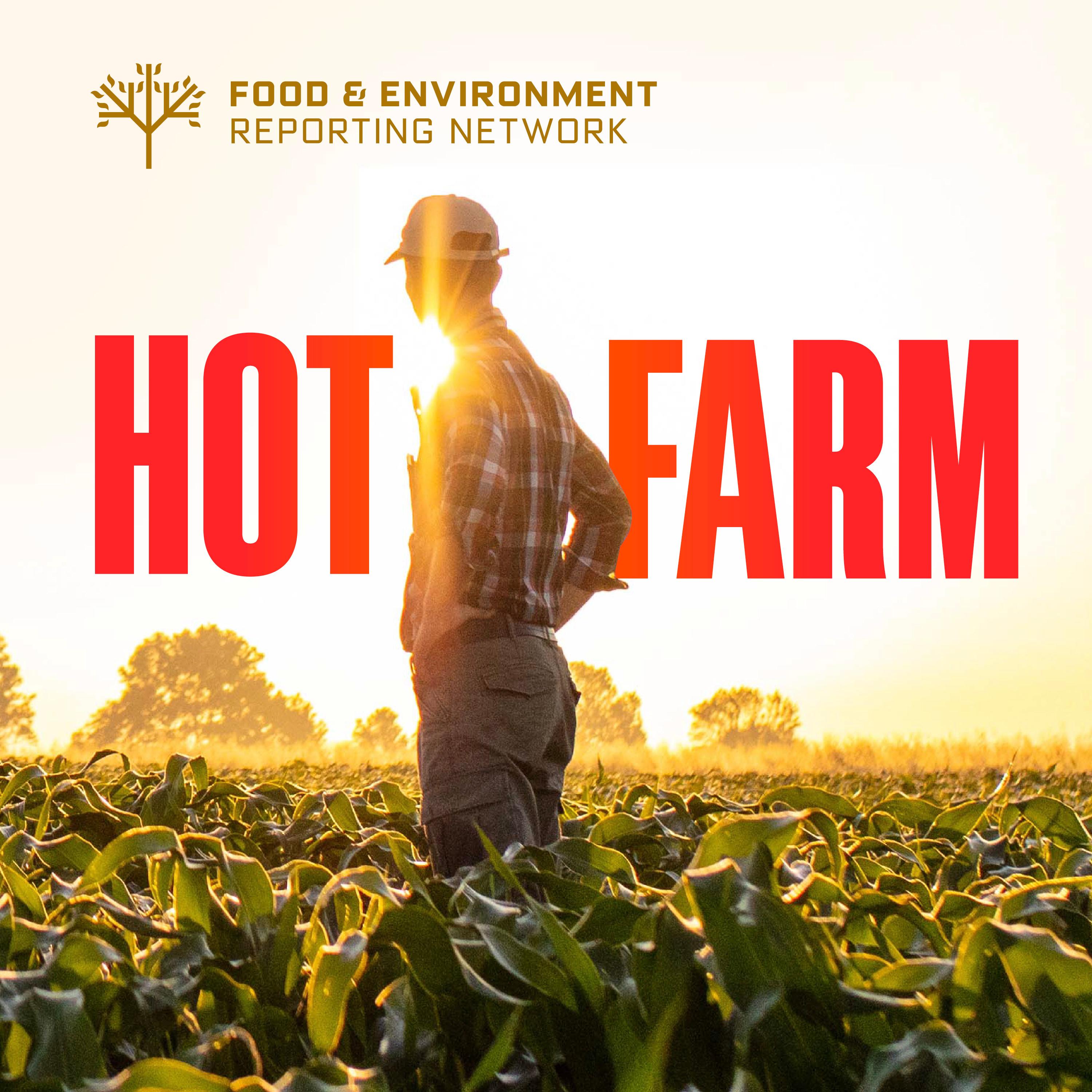
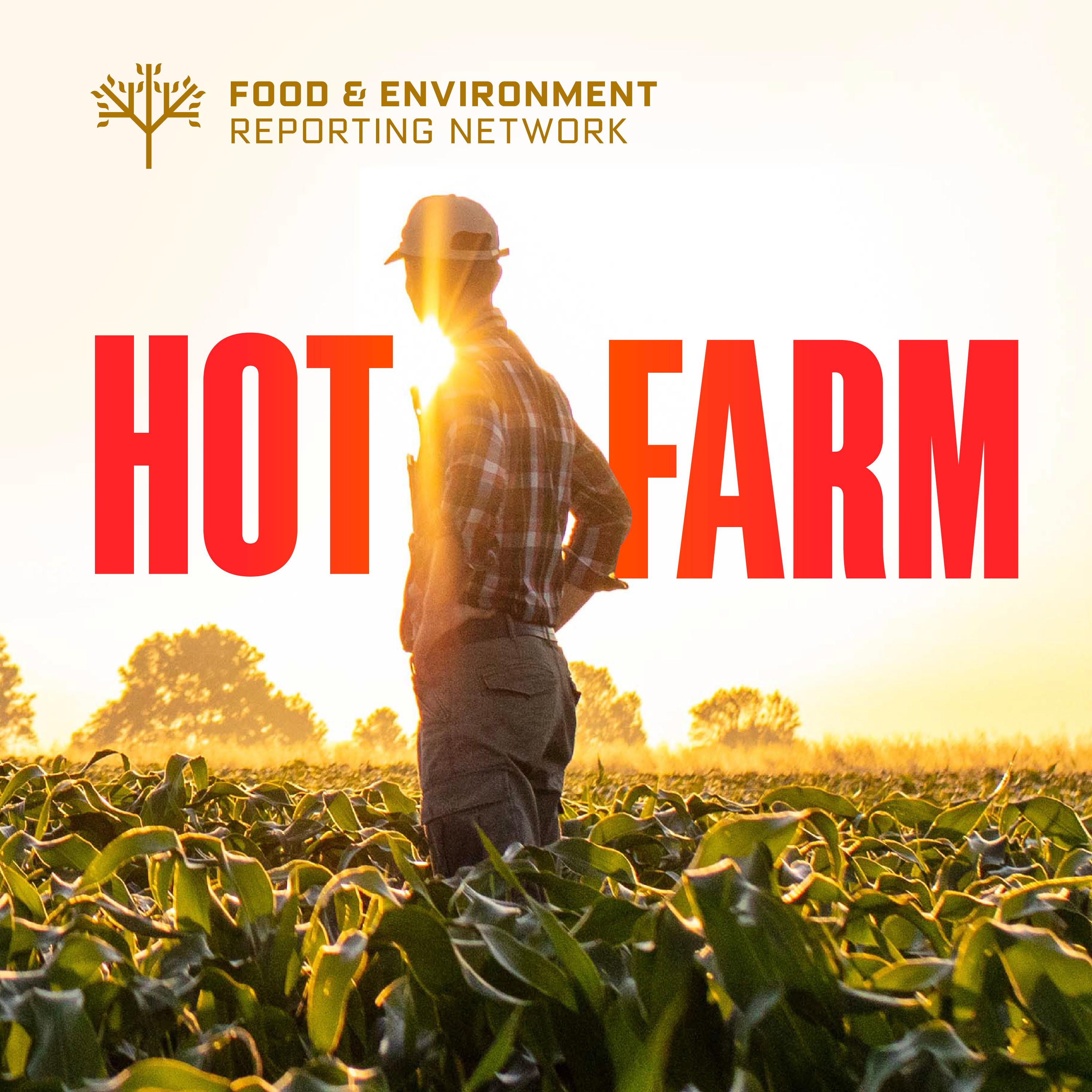
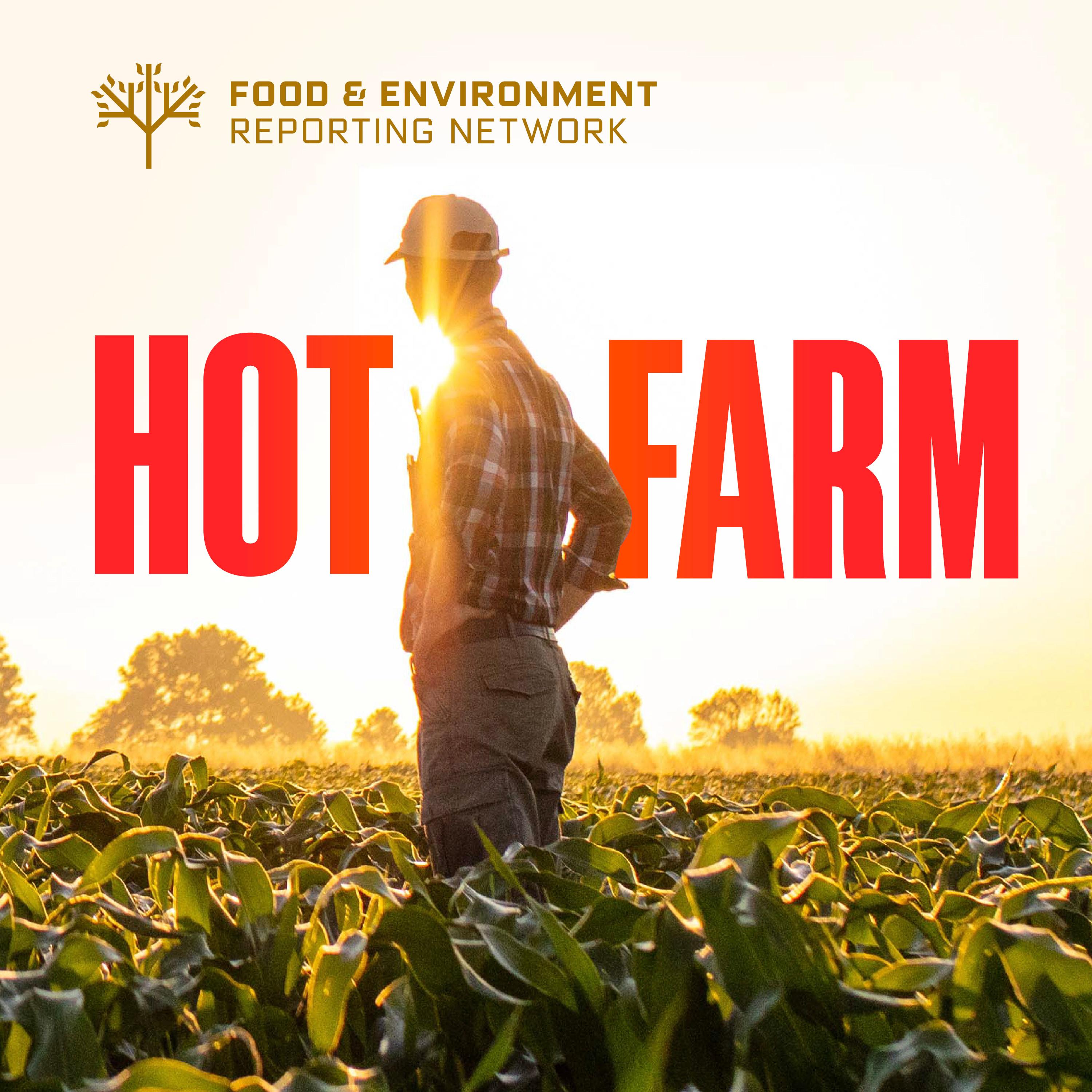
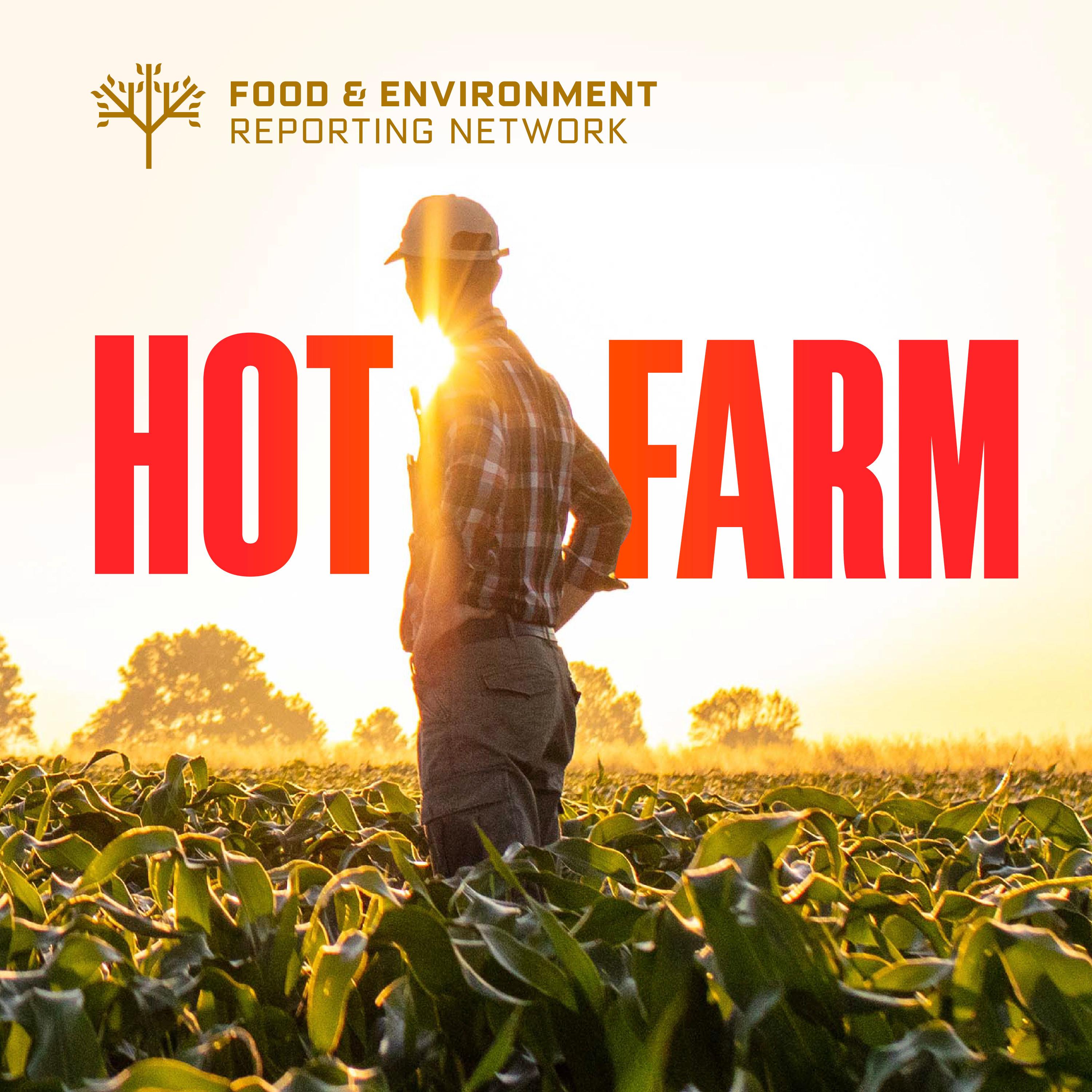
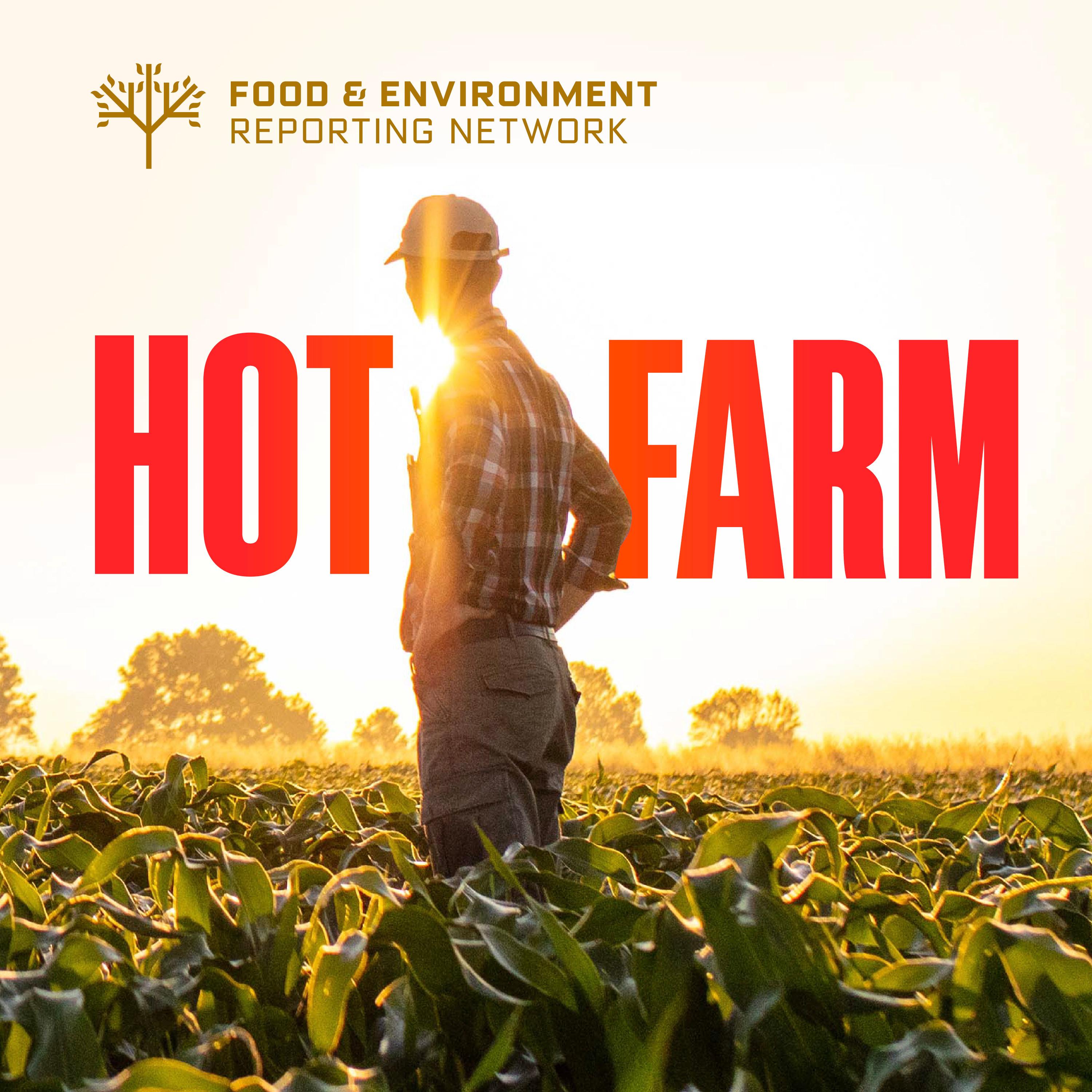
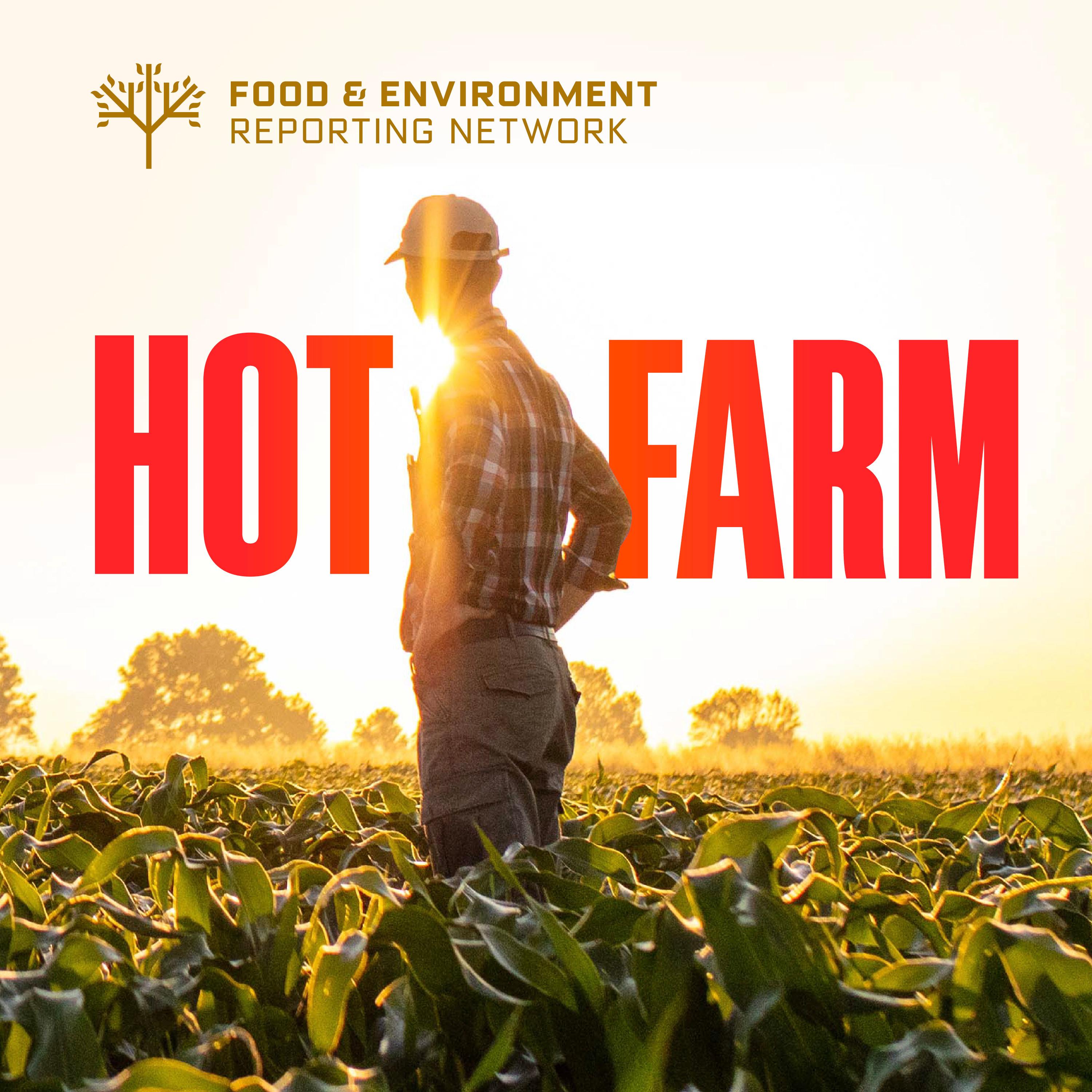
Hot Farm Bonus Episode: Climavores - "Bursting the 'eat local' bubble"

From our friends at Climavores: The eat local movement is huge. Bumper stickers in liberal towns across the U.S. tell us to “Eat local” or ask “Who’s your farmer?” But eating local food may be wildly overrated when it comes to climate change.
When we look at how foods are produced, transportation accounts for less than 10% of carbon emissions. So should we abandon farmers’ markets for big grocery store chains?
In this episode, Mike and Tamar break down the real carbon footprint of local food and ask whether the value of supporting local, small-scale farmers outweighs the climate benefit of not buying local (spoiler alert: Tamar says yes. Mike says no). They also dive into the history of the local food movement and explore why it’s gained such traction.
Have a question about food and climate change for Mike and Tamar? Leave a message on the Climavores hotline at (508) 377-3449. Or email us at climavores@postscriptaudio.com. We might feature your question on a future episode.